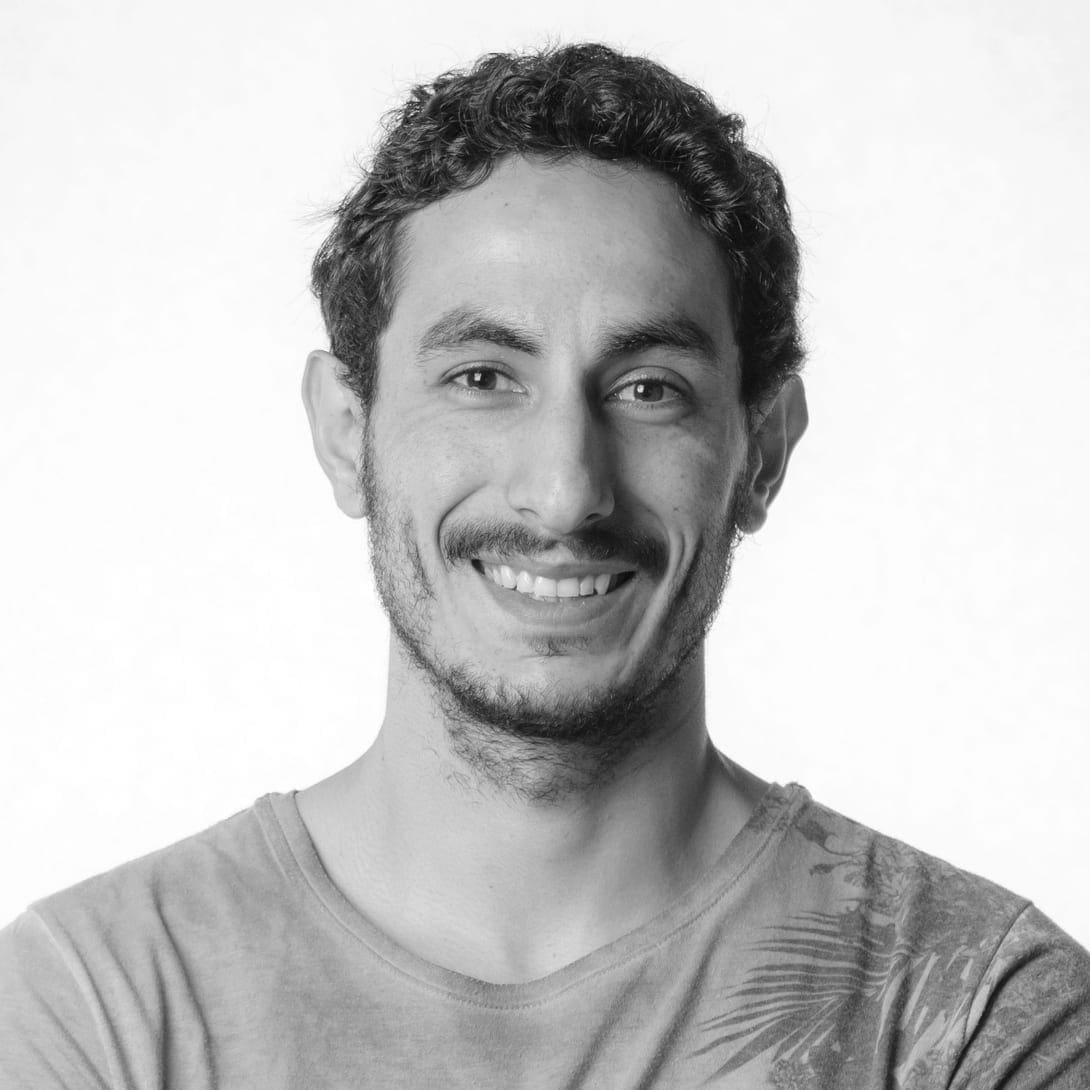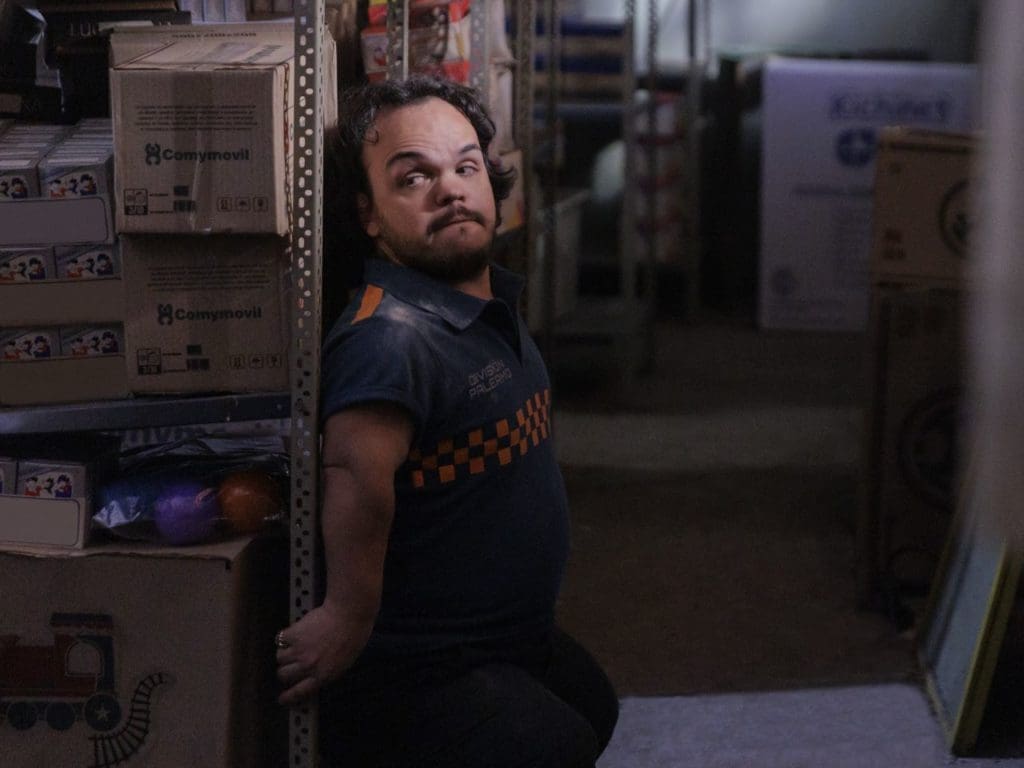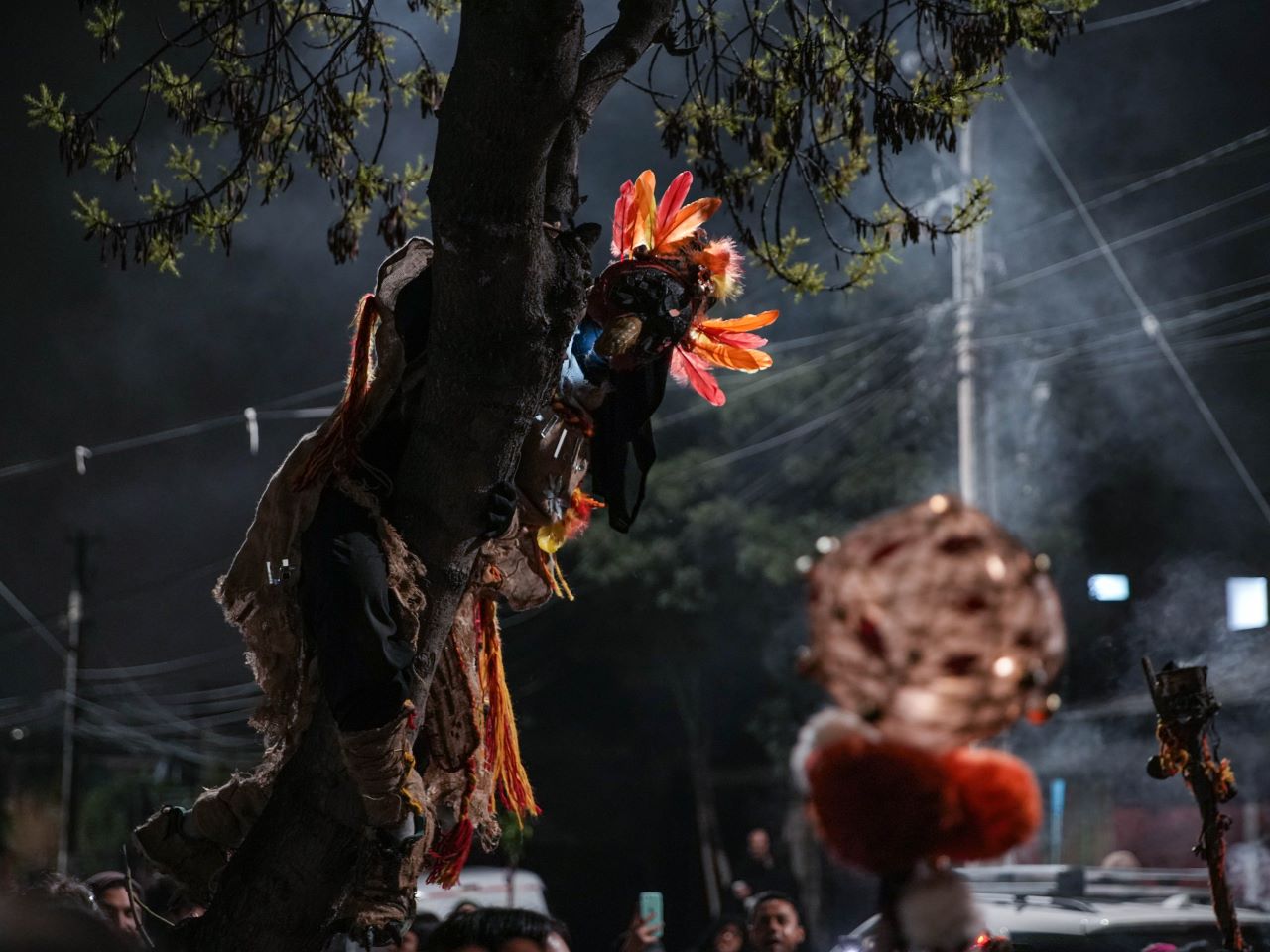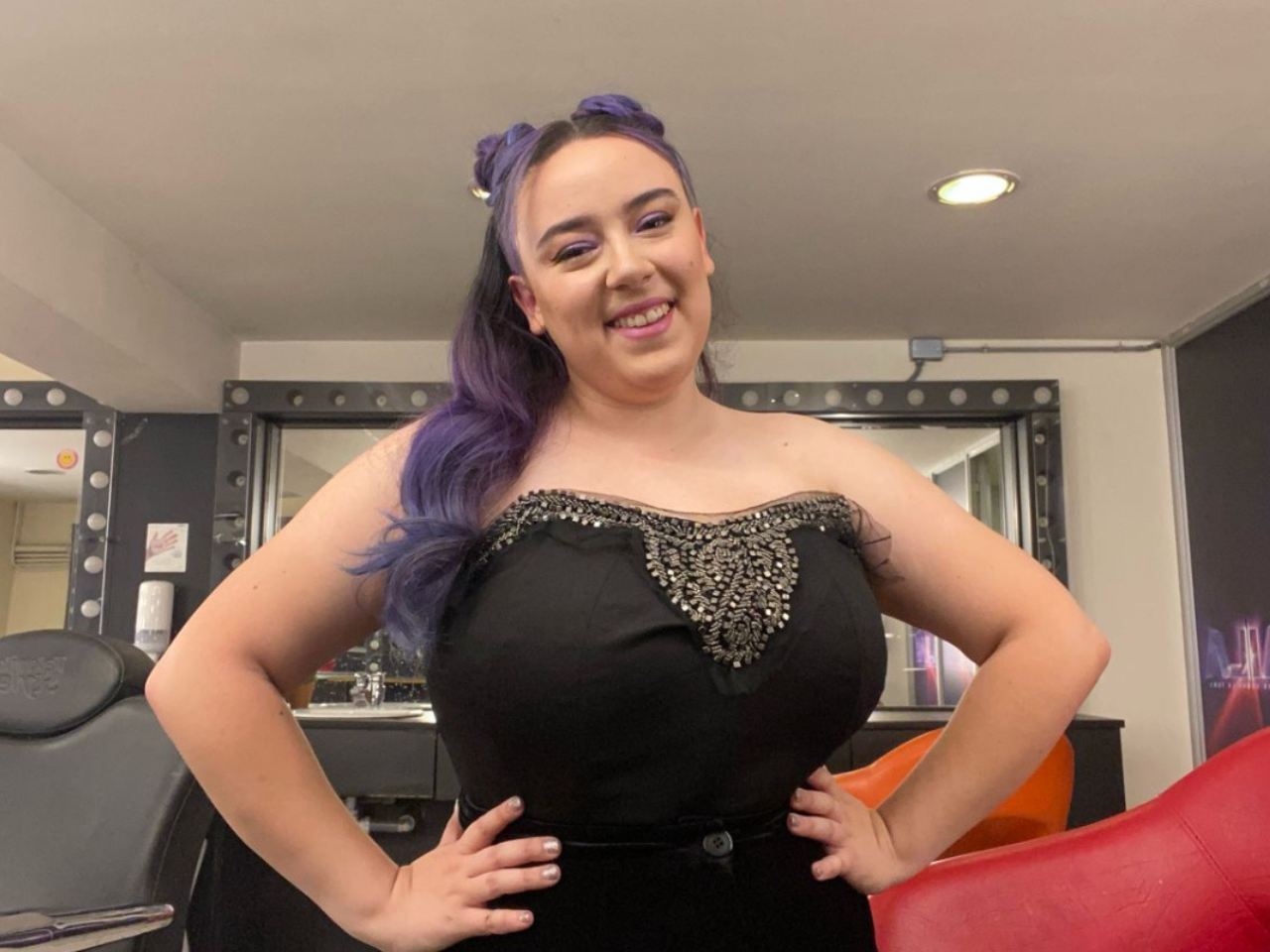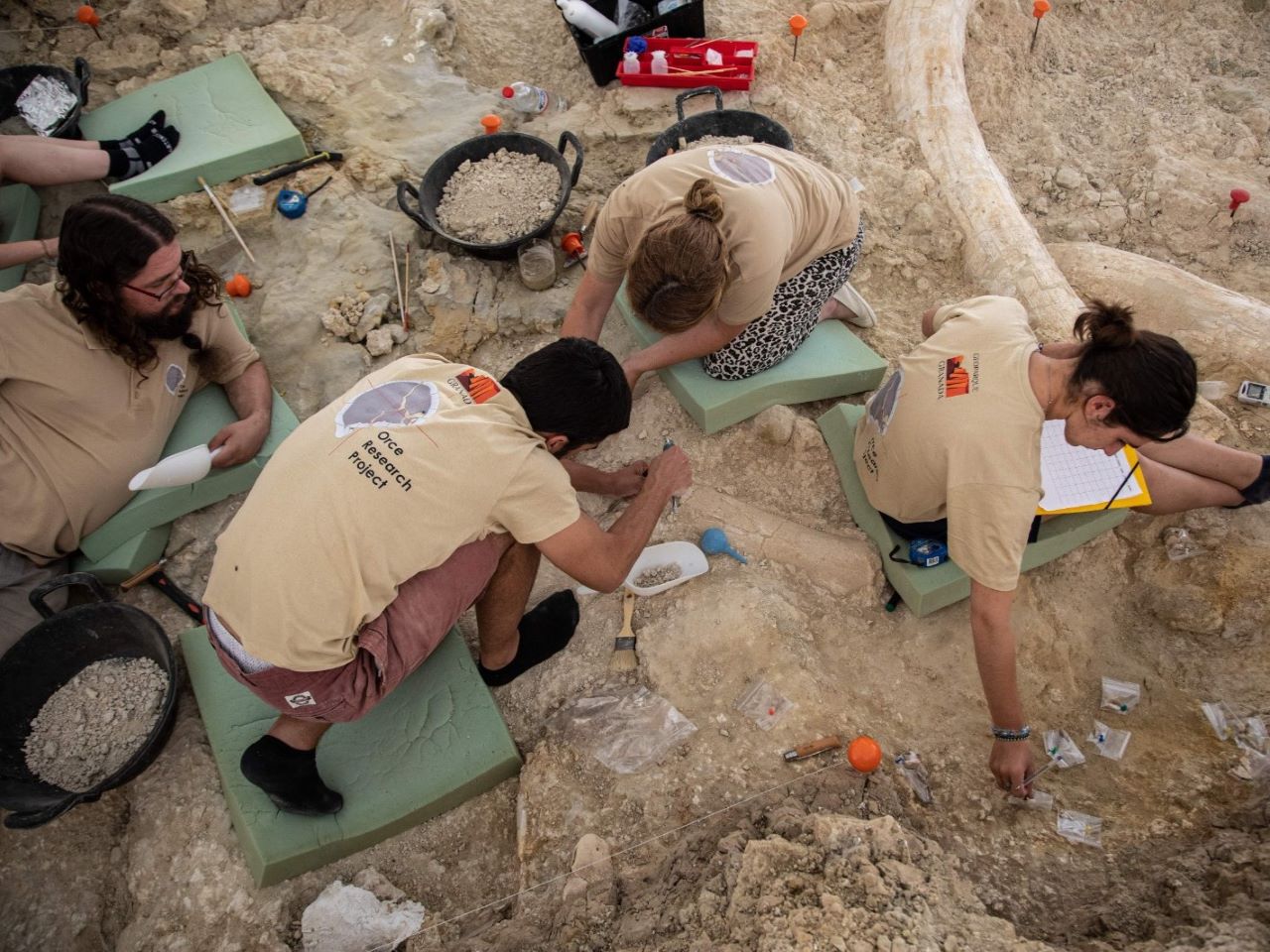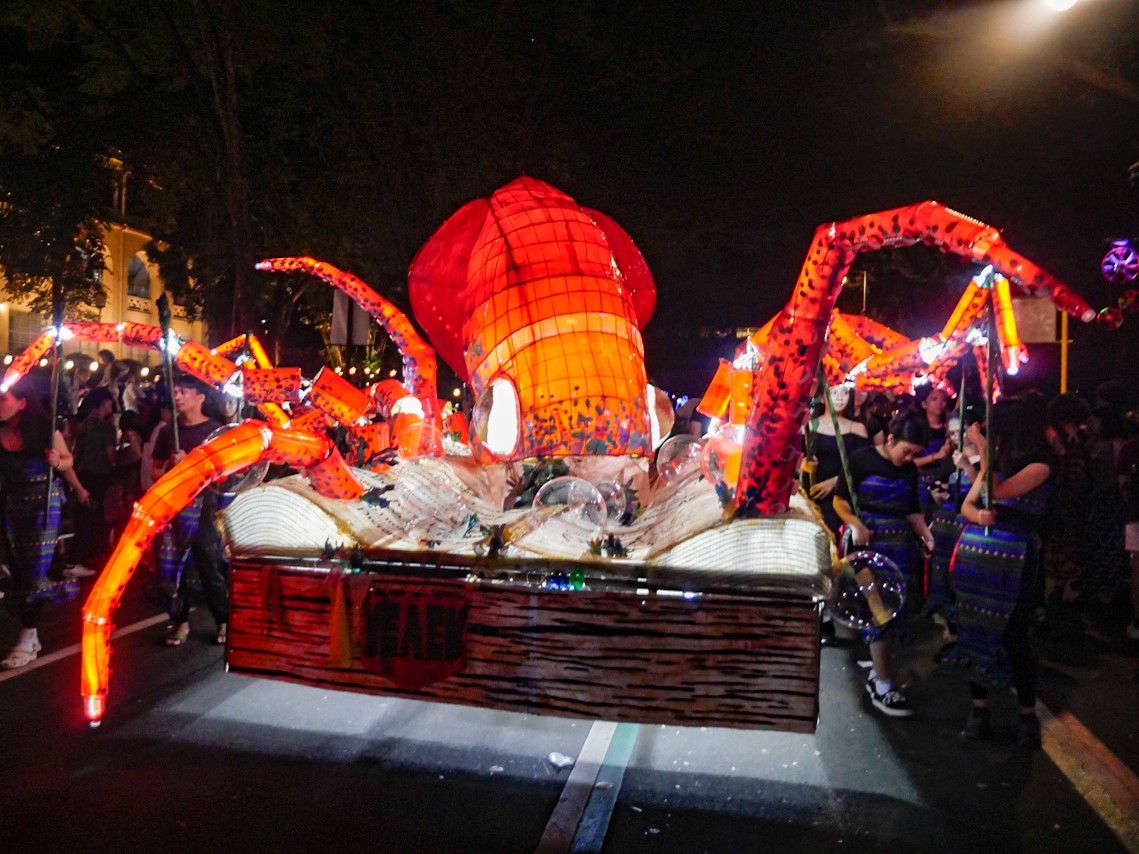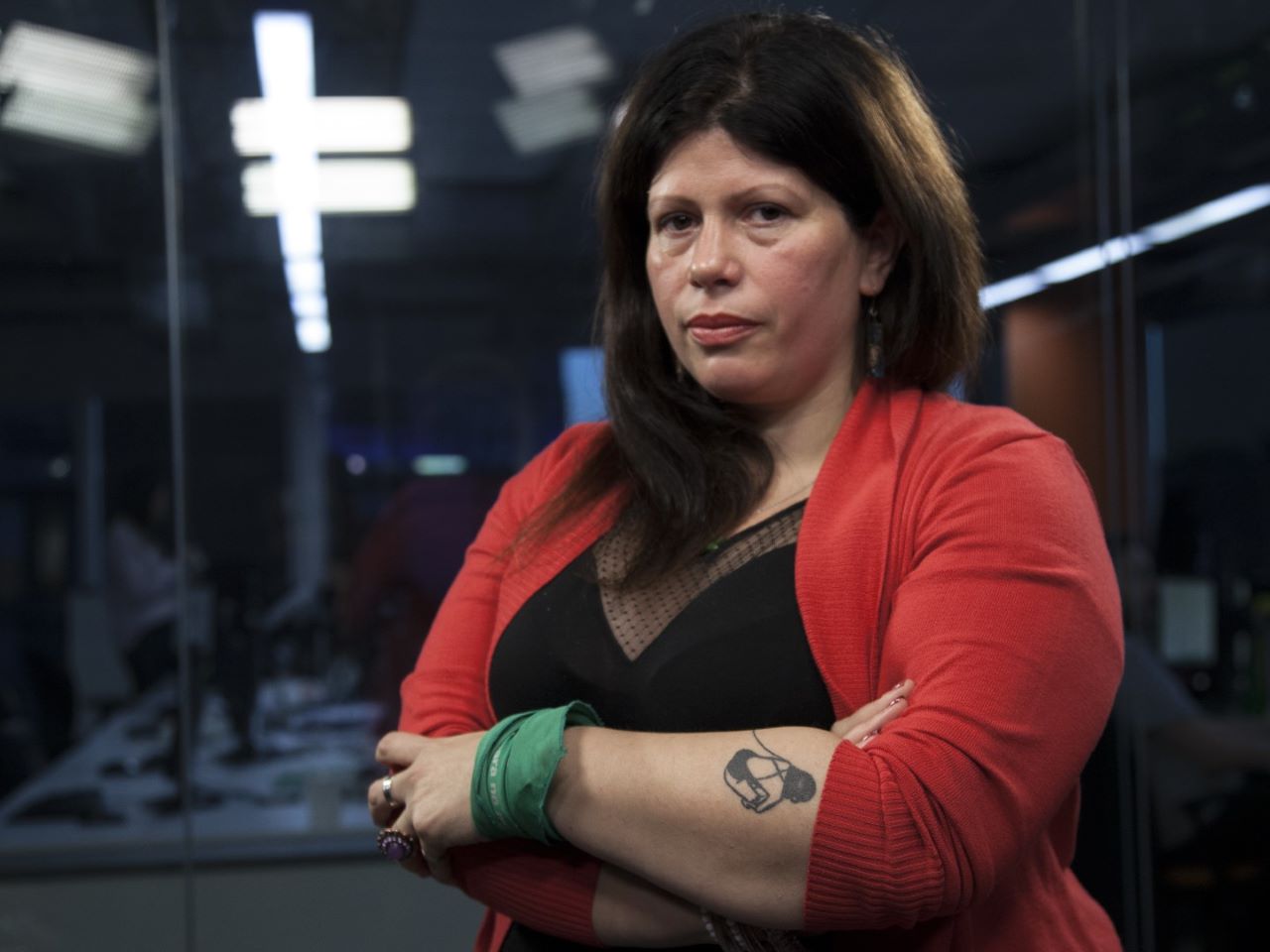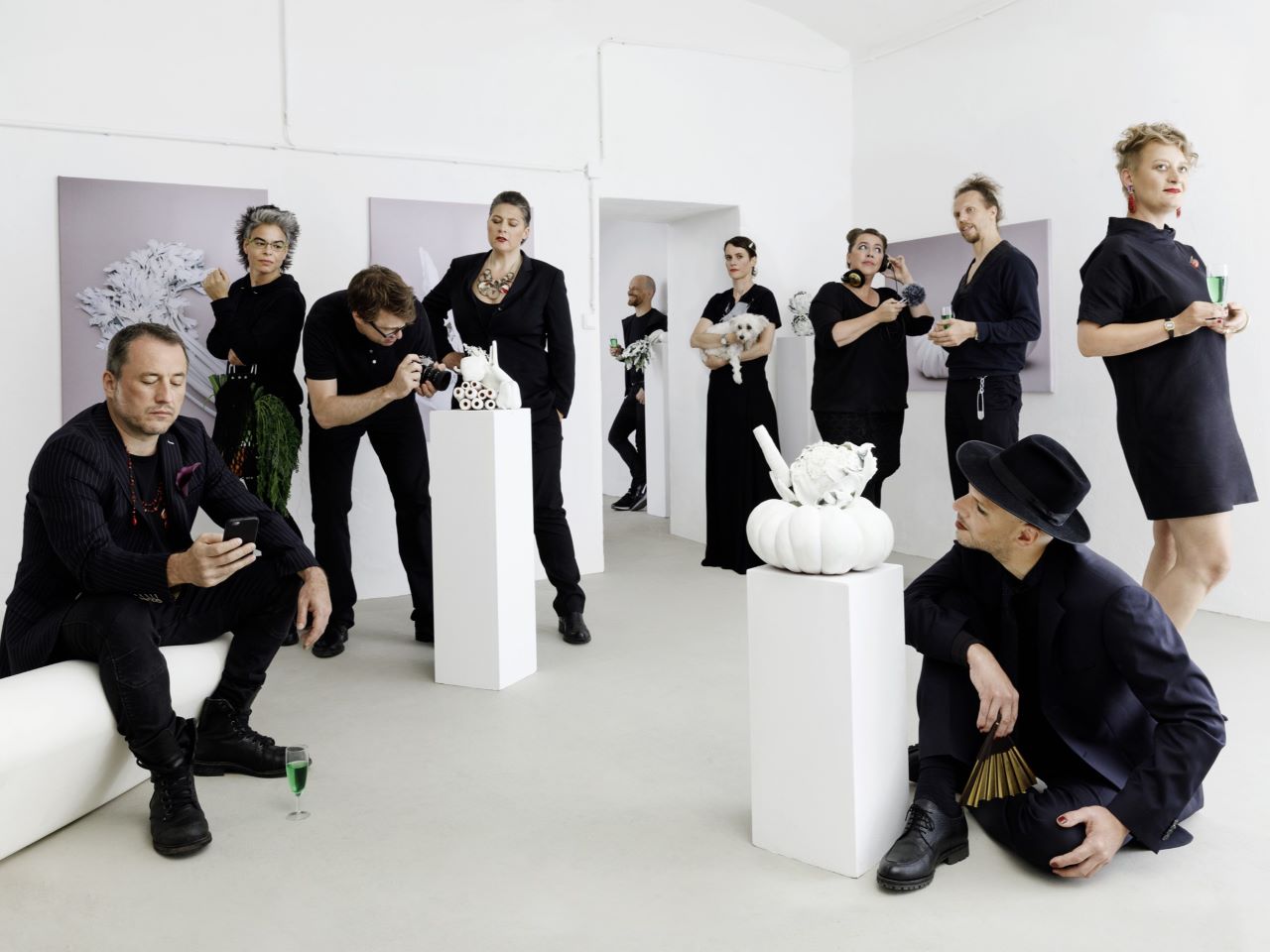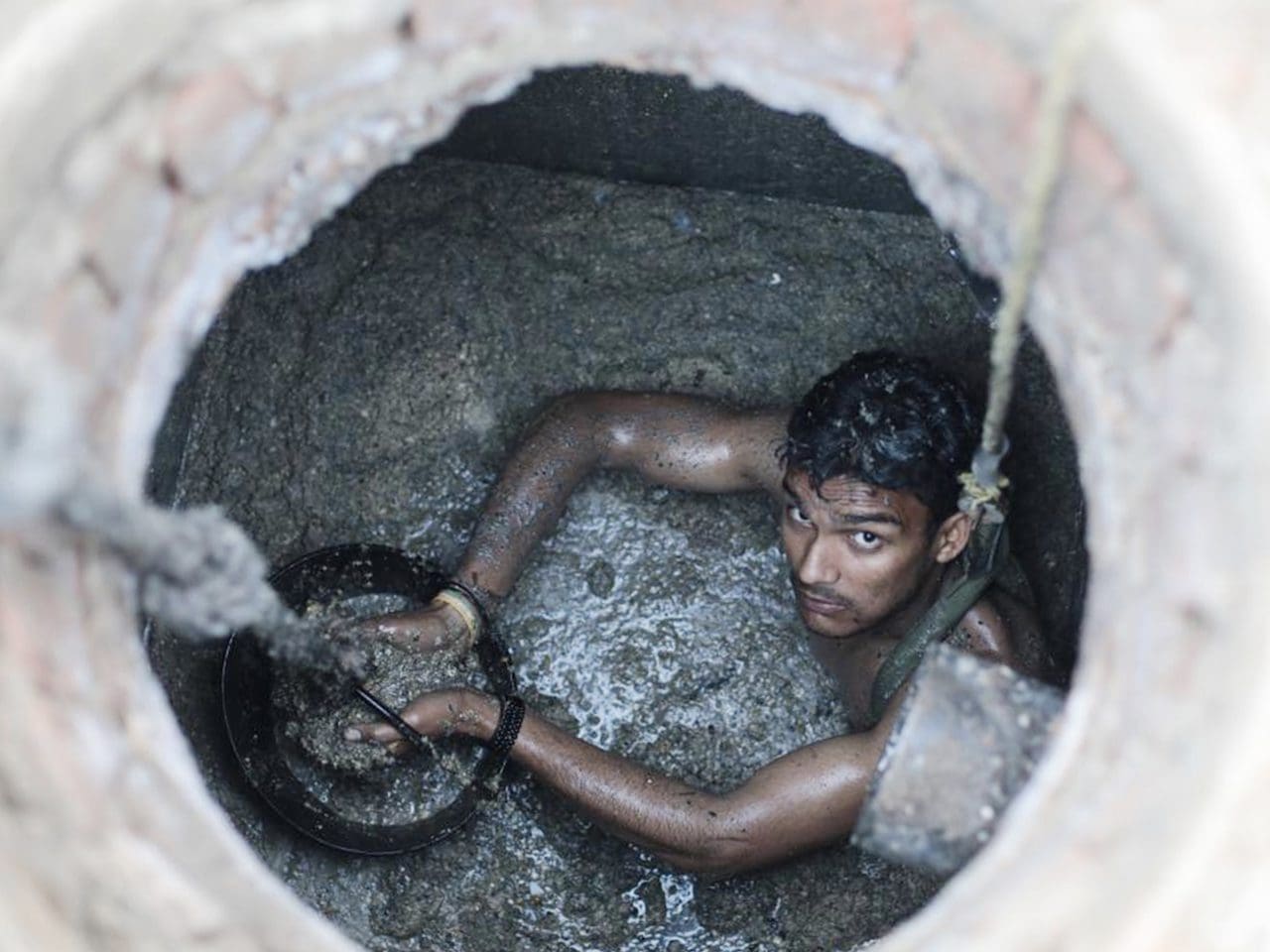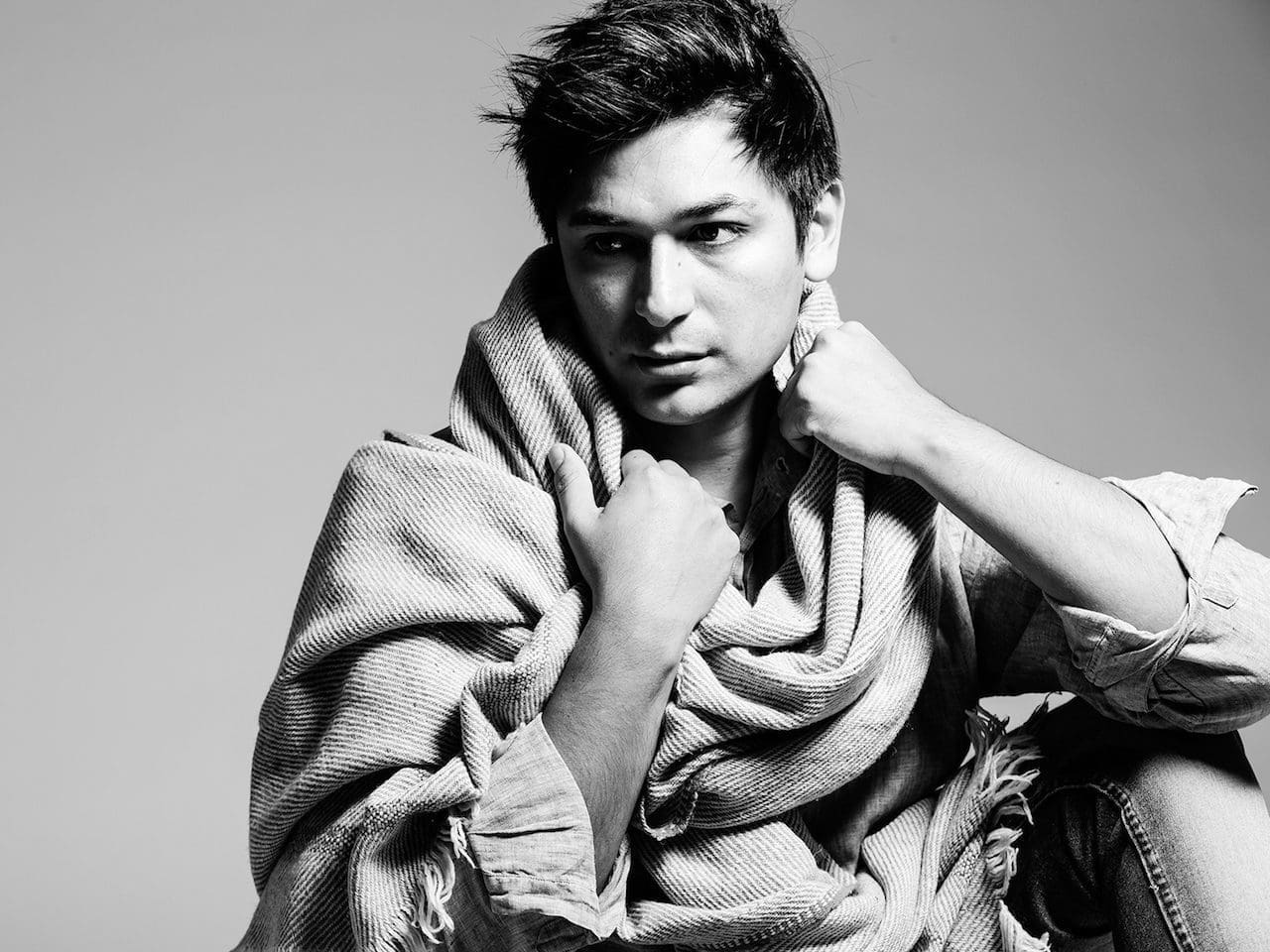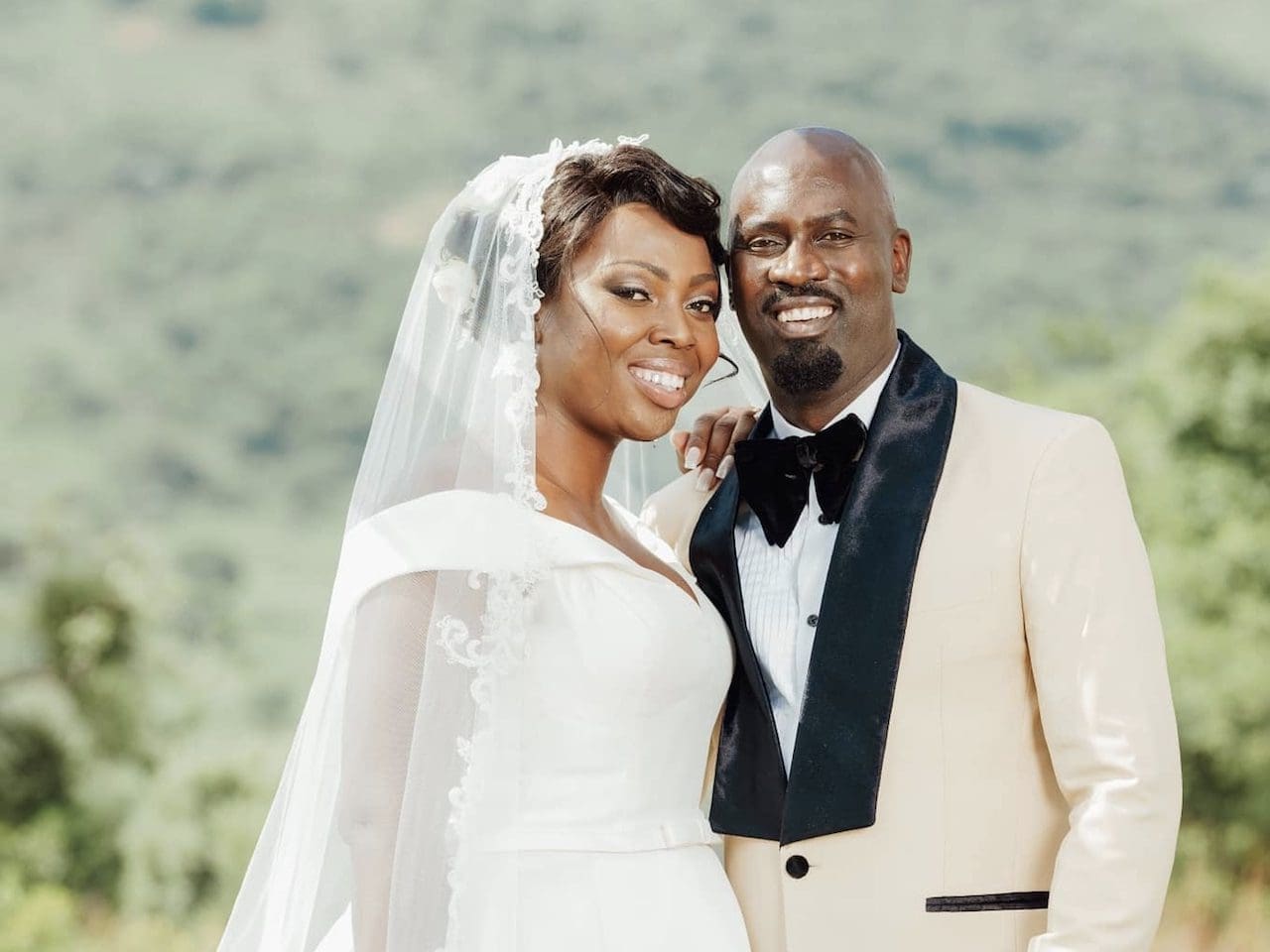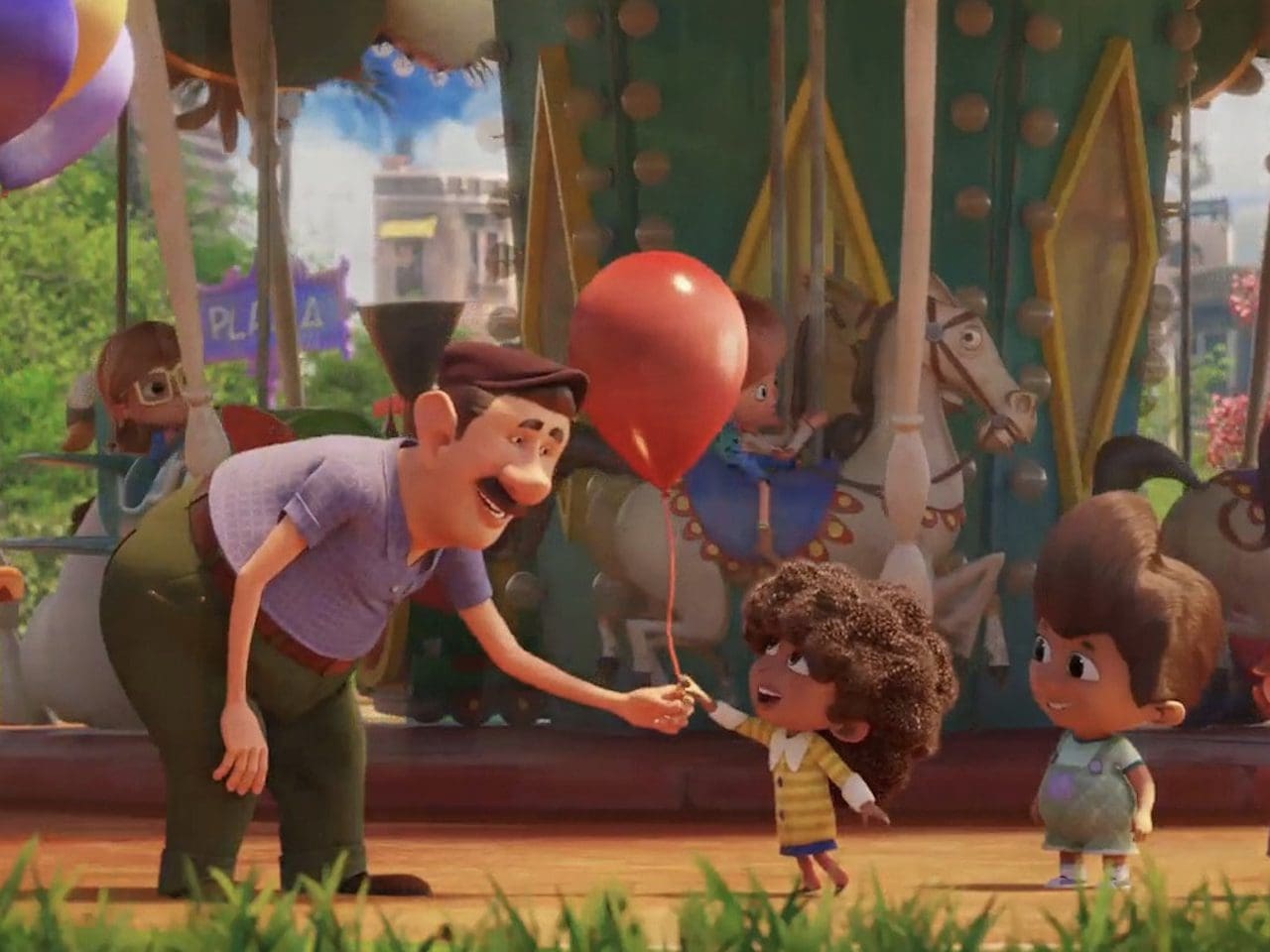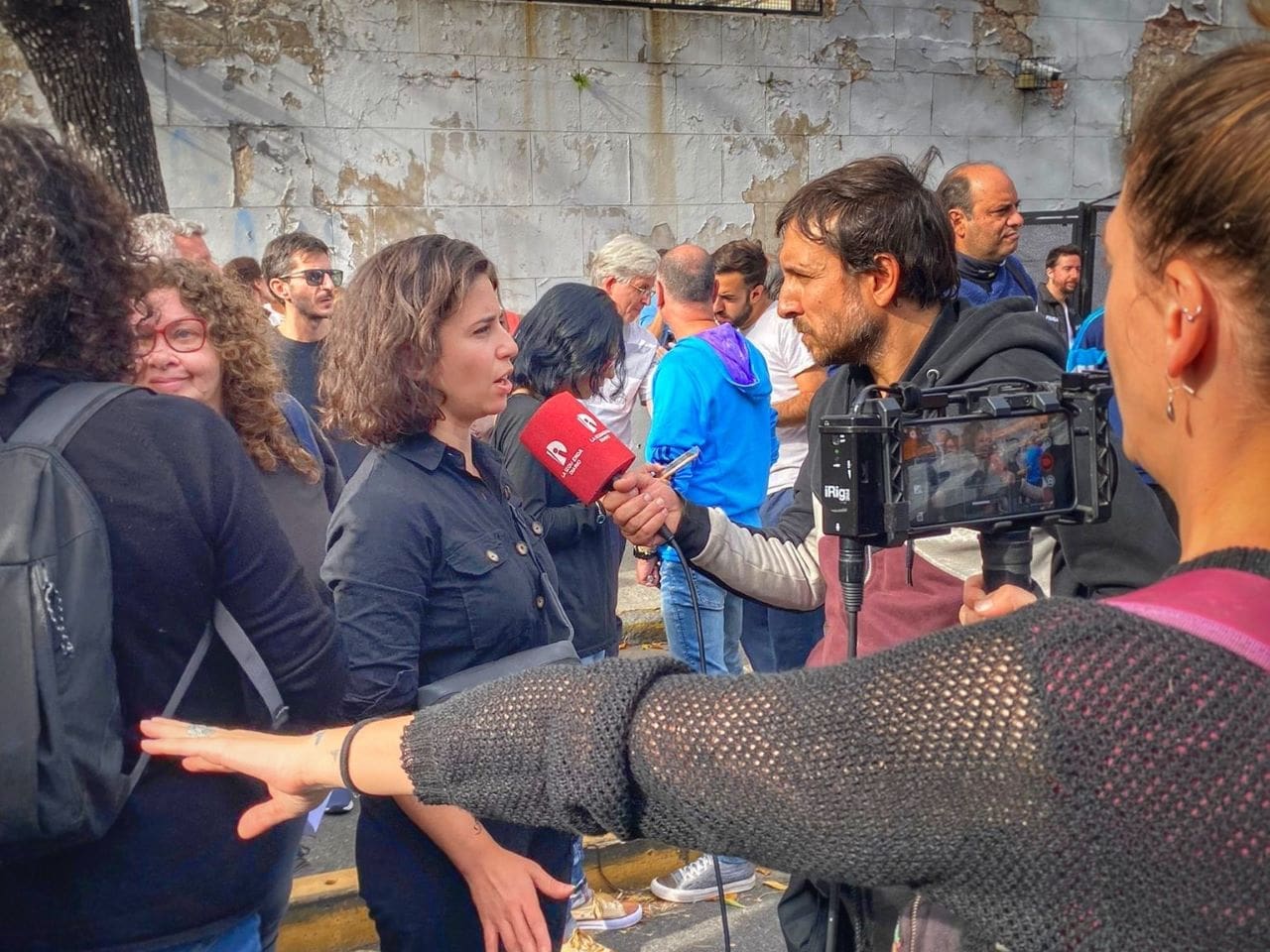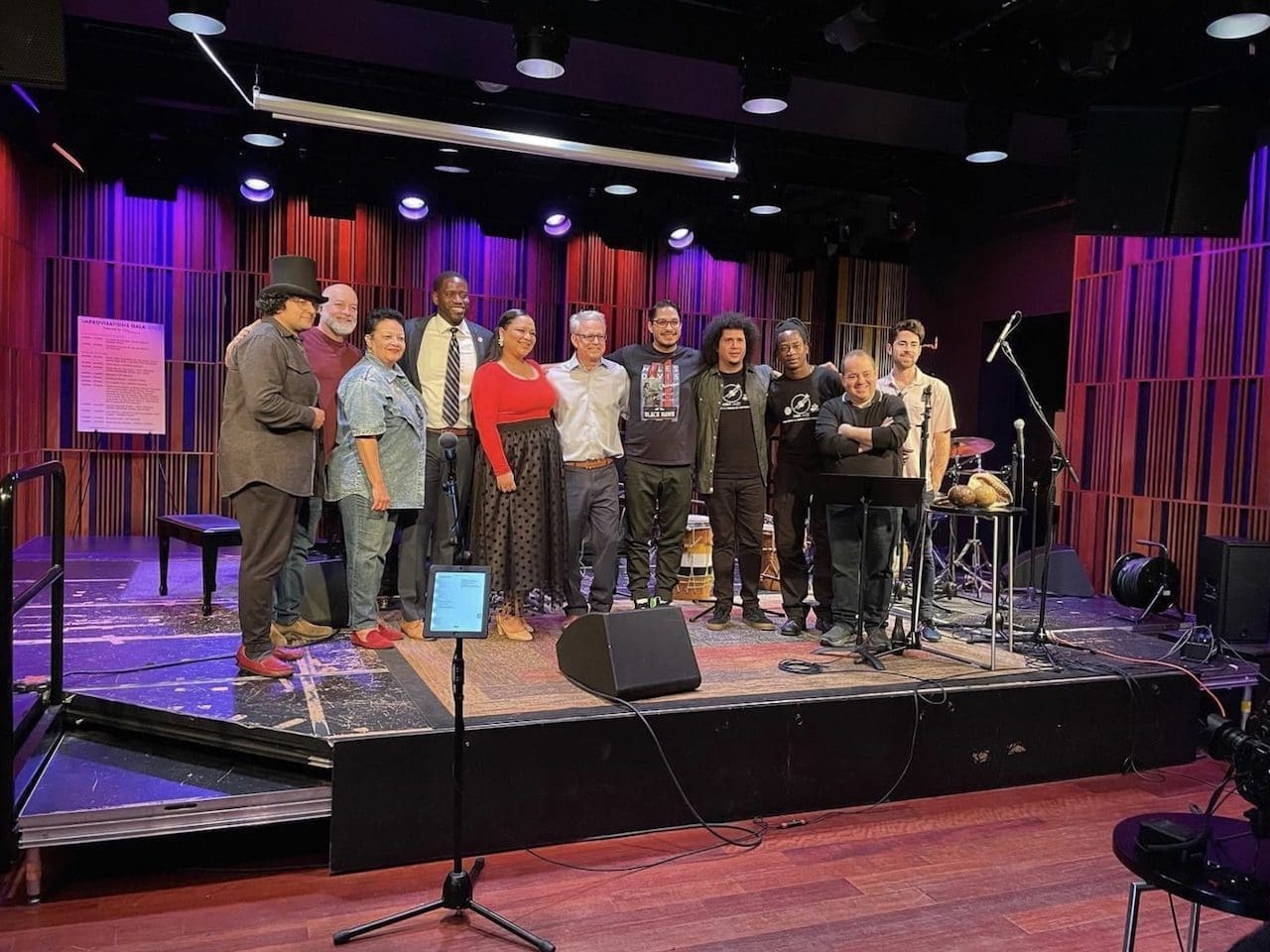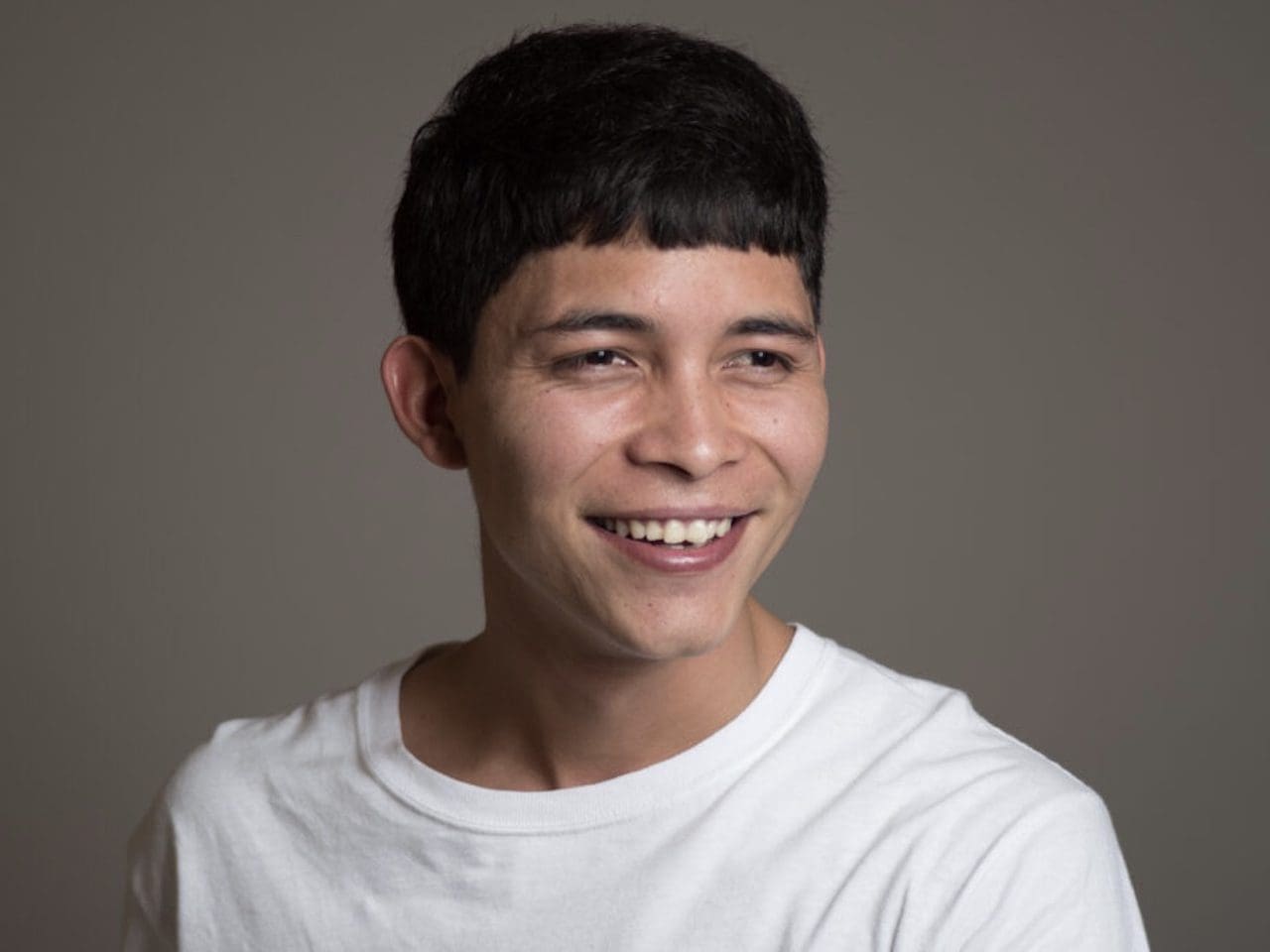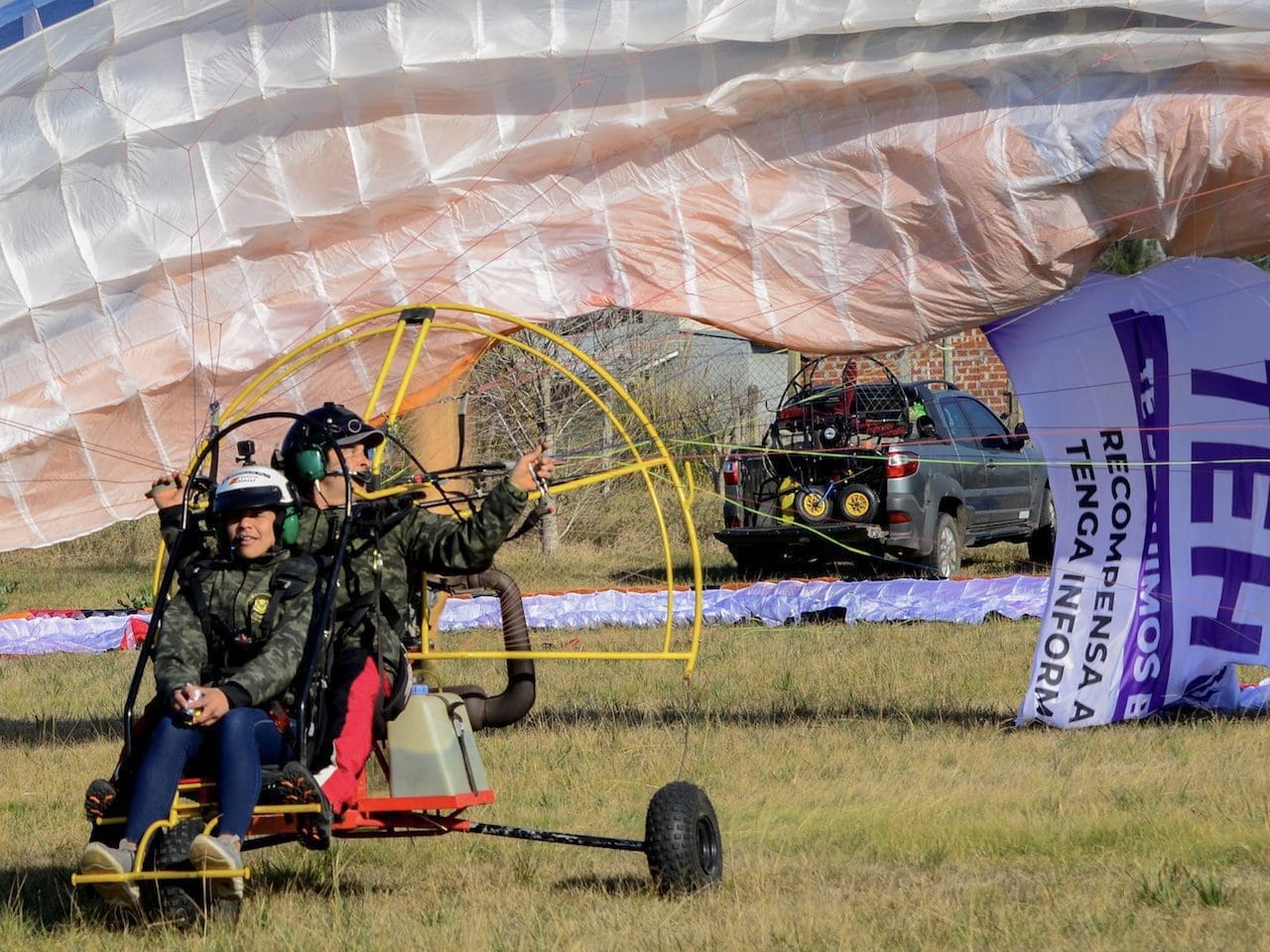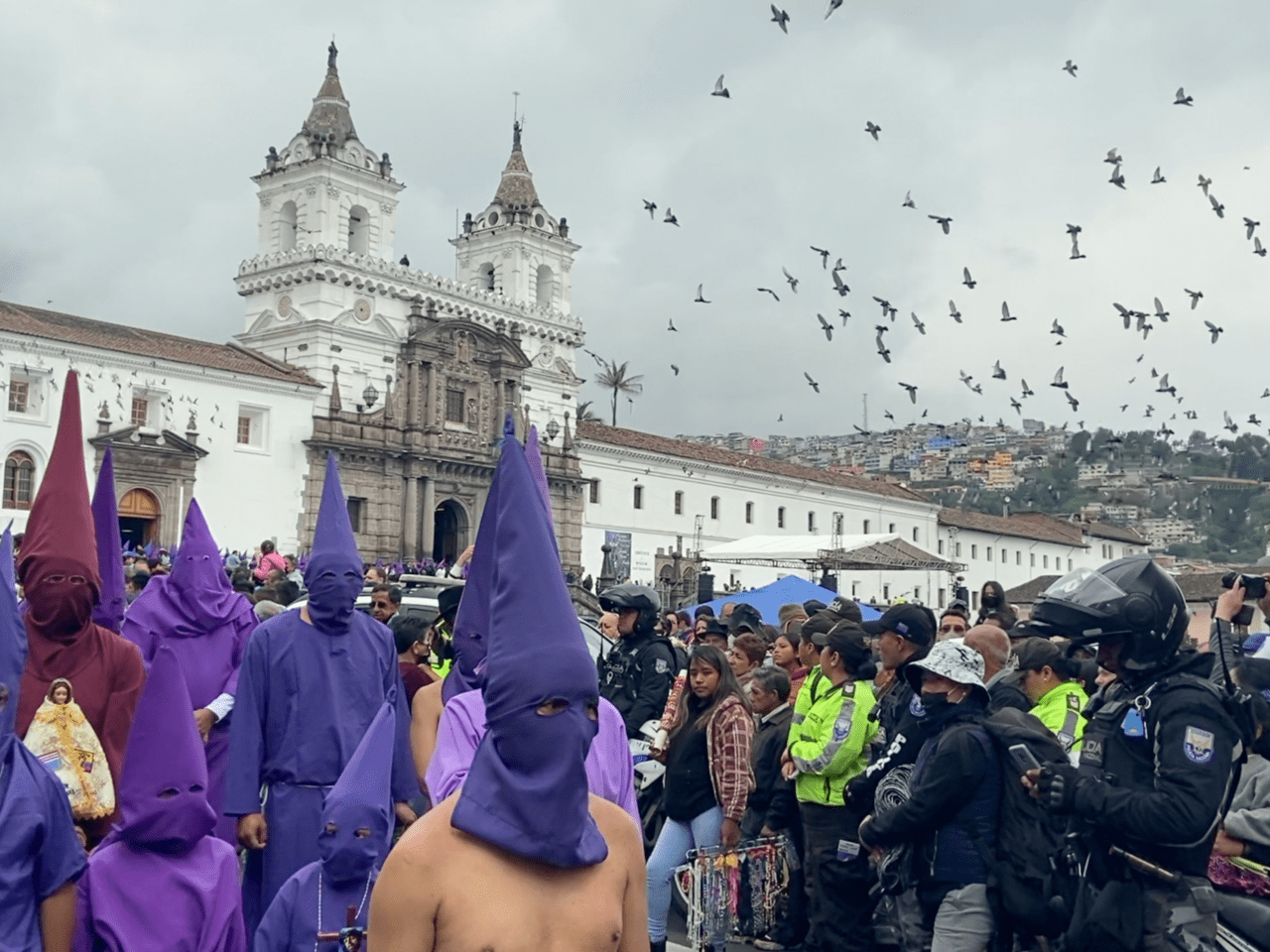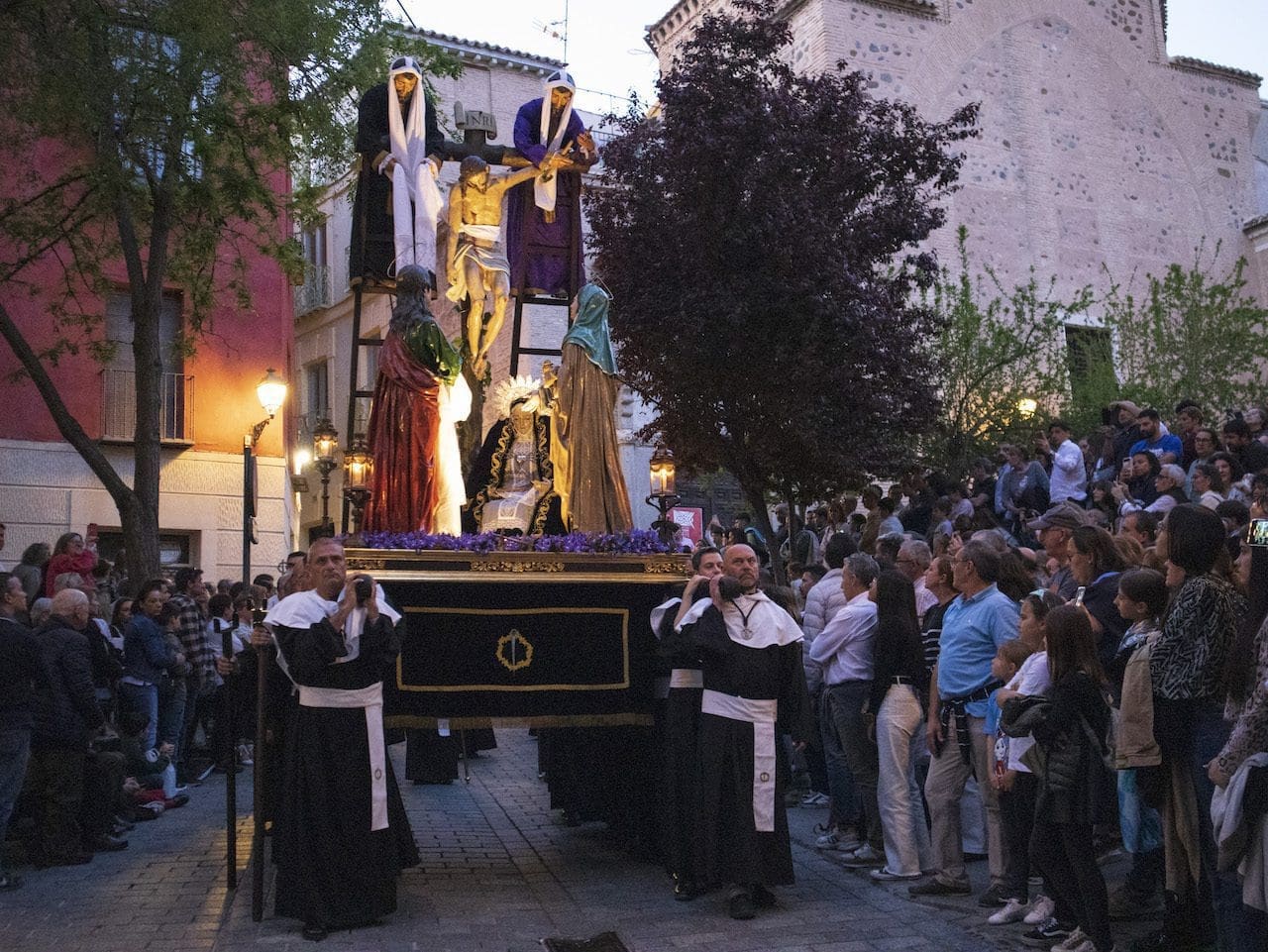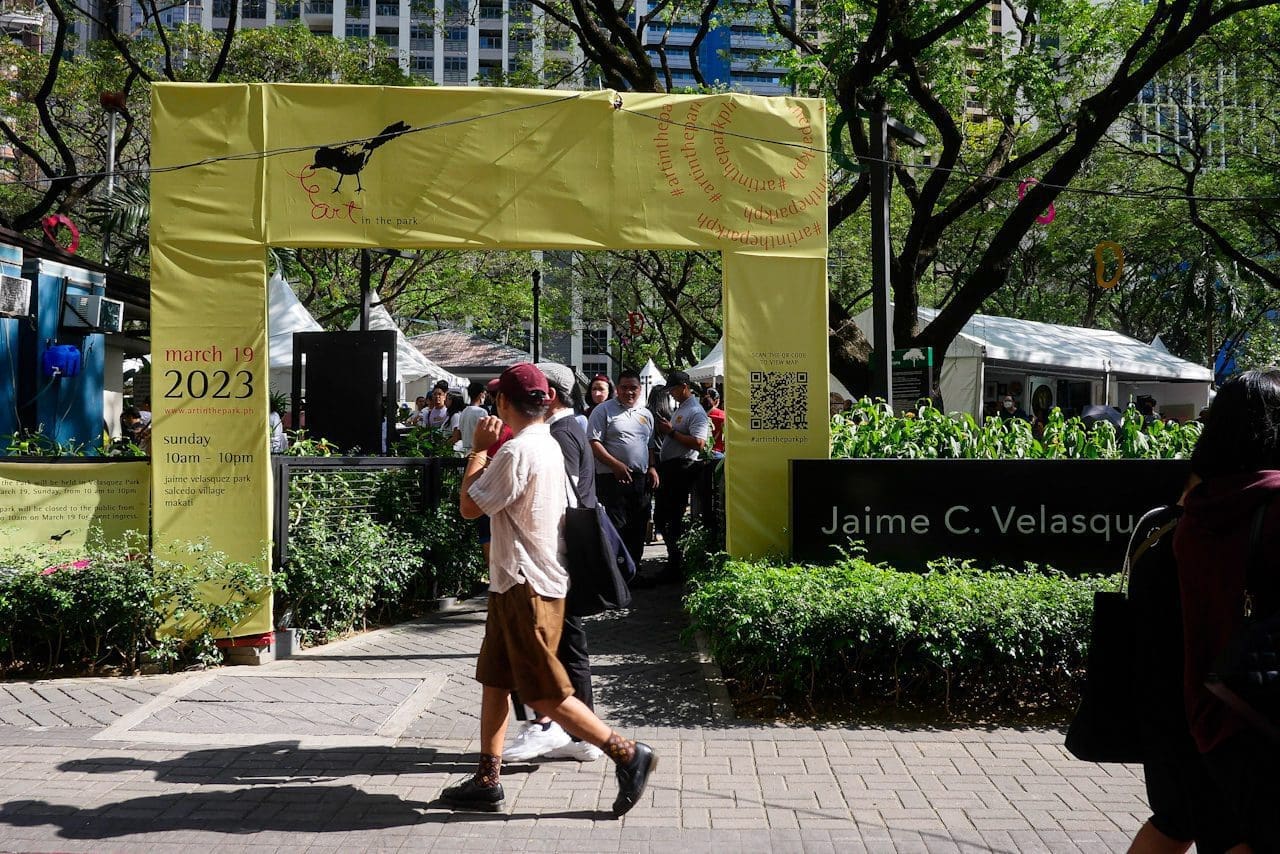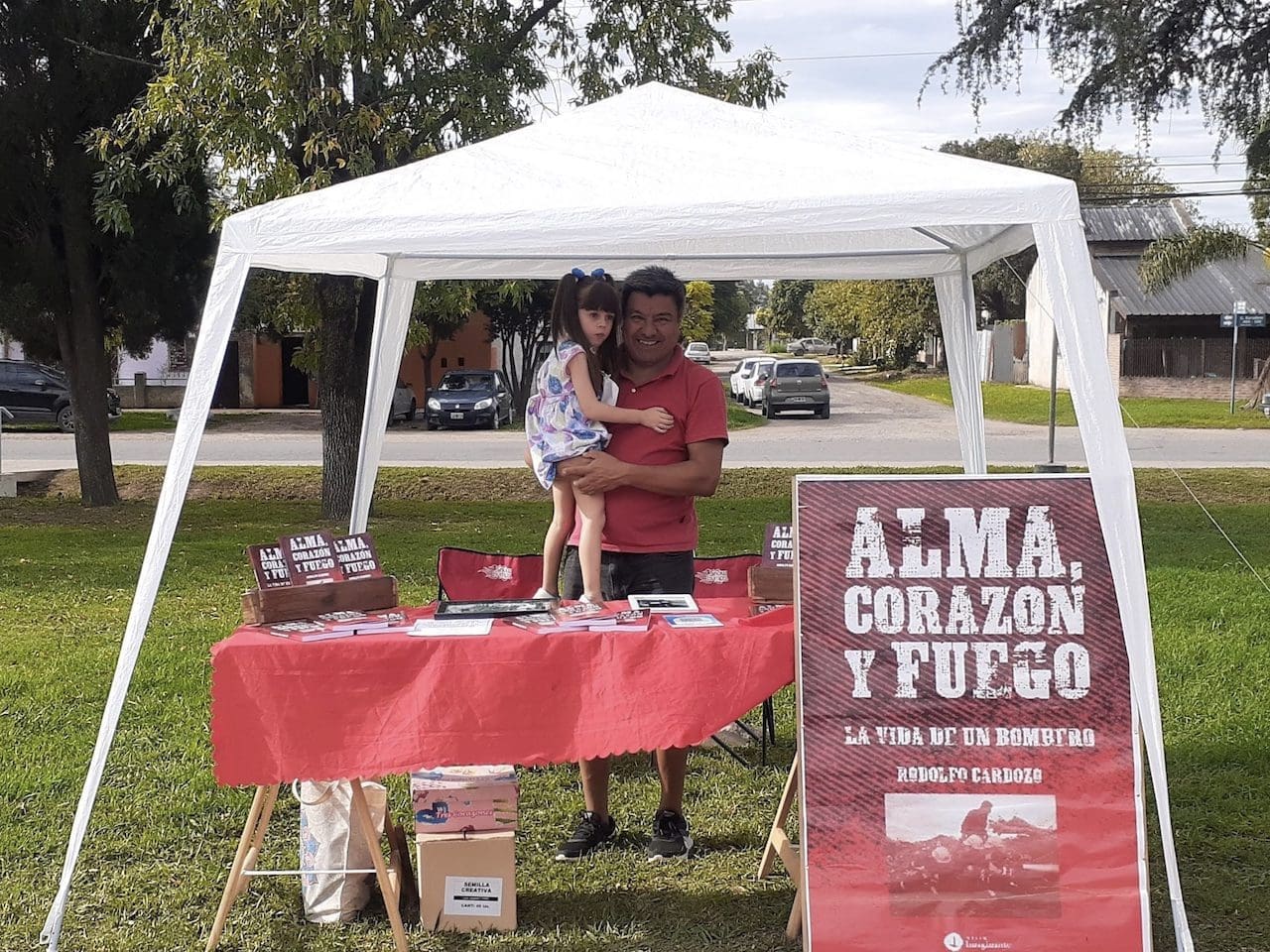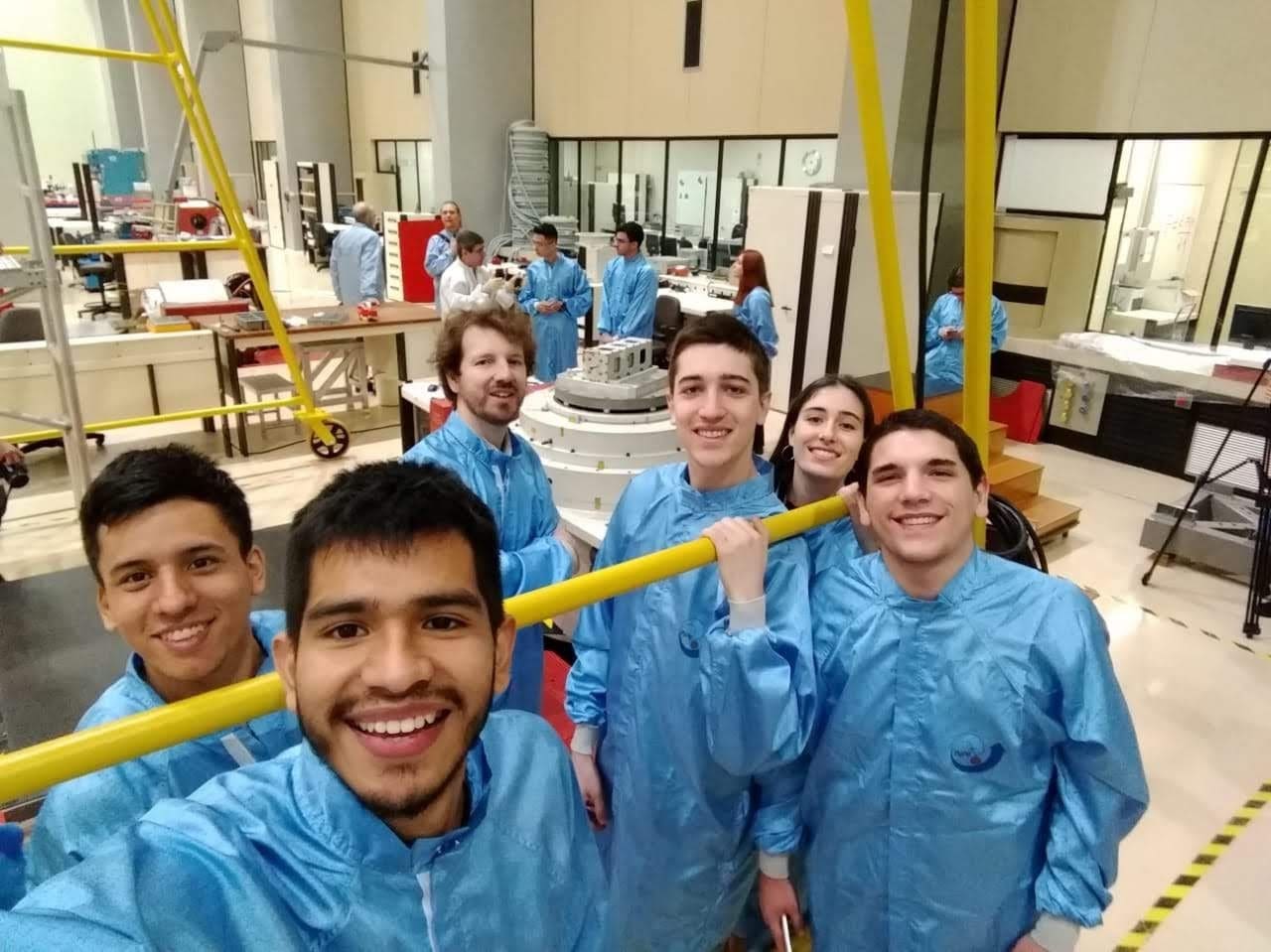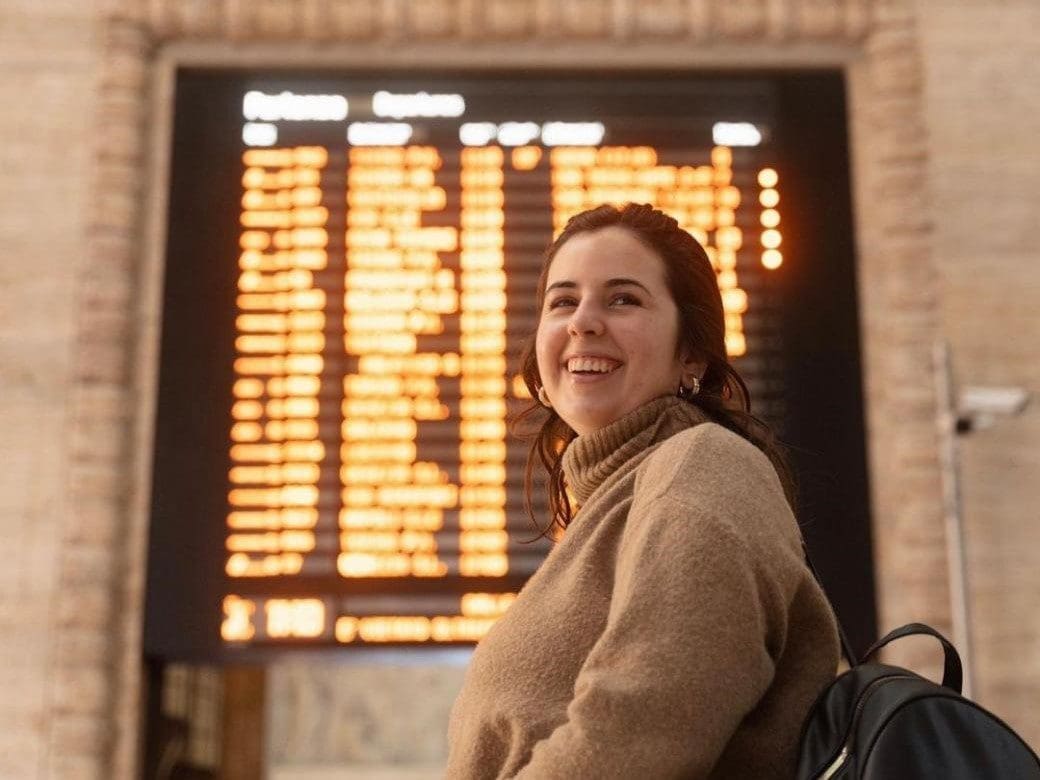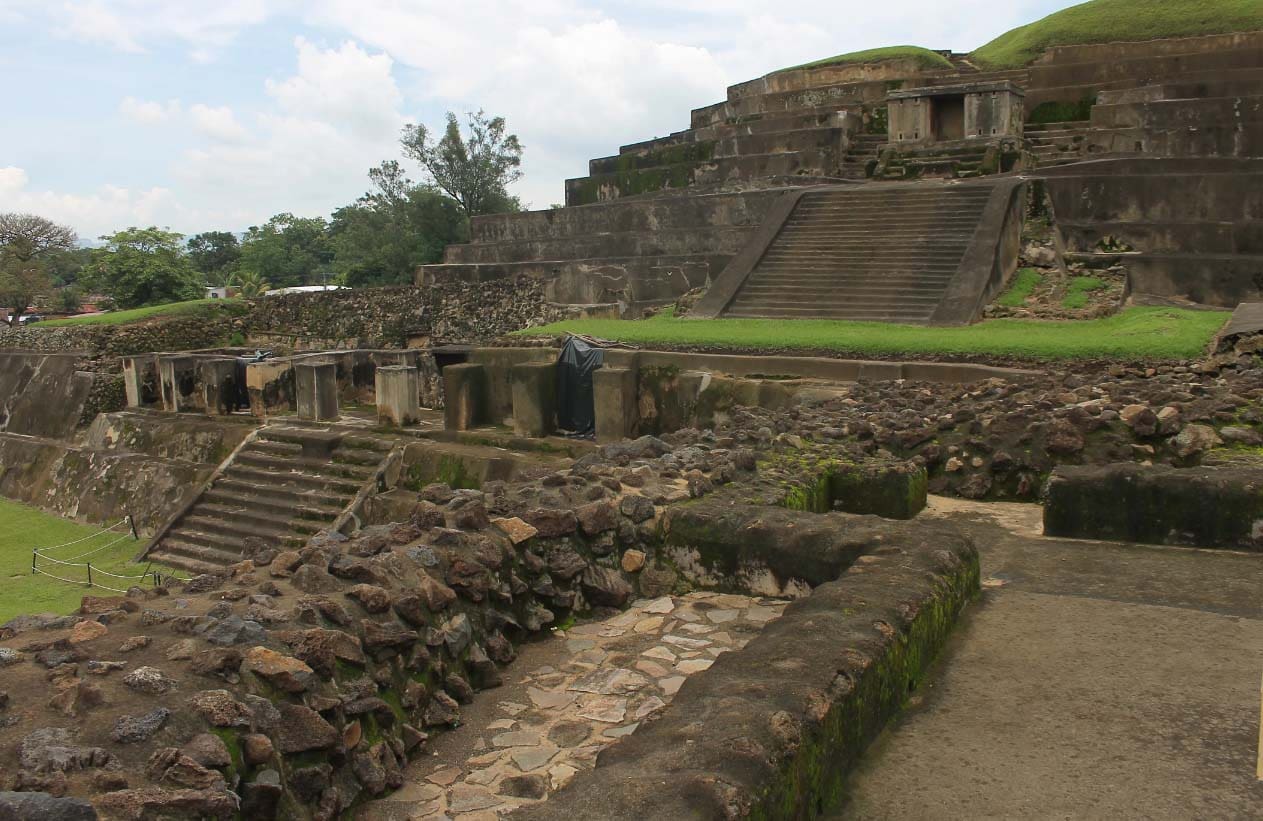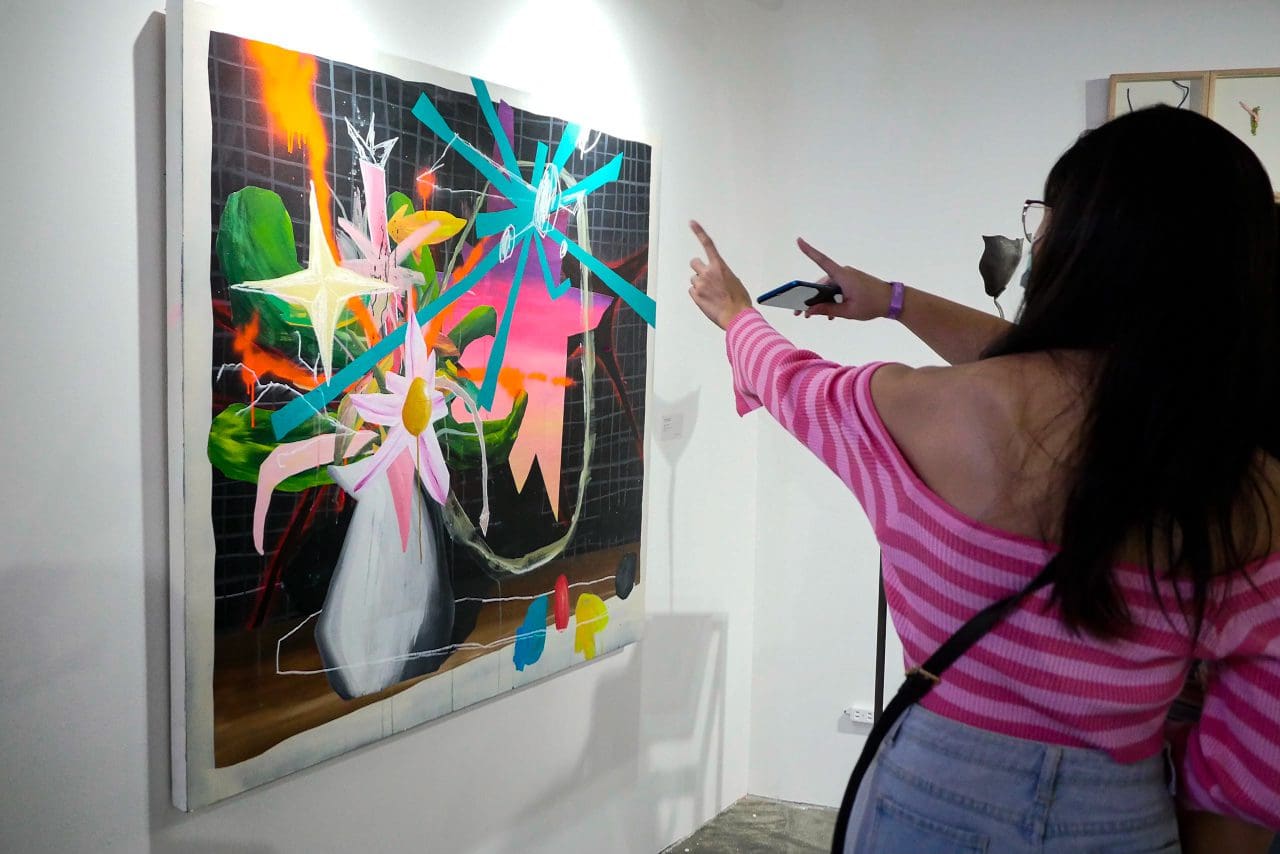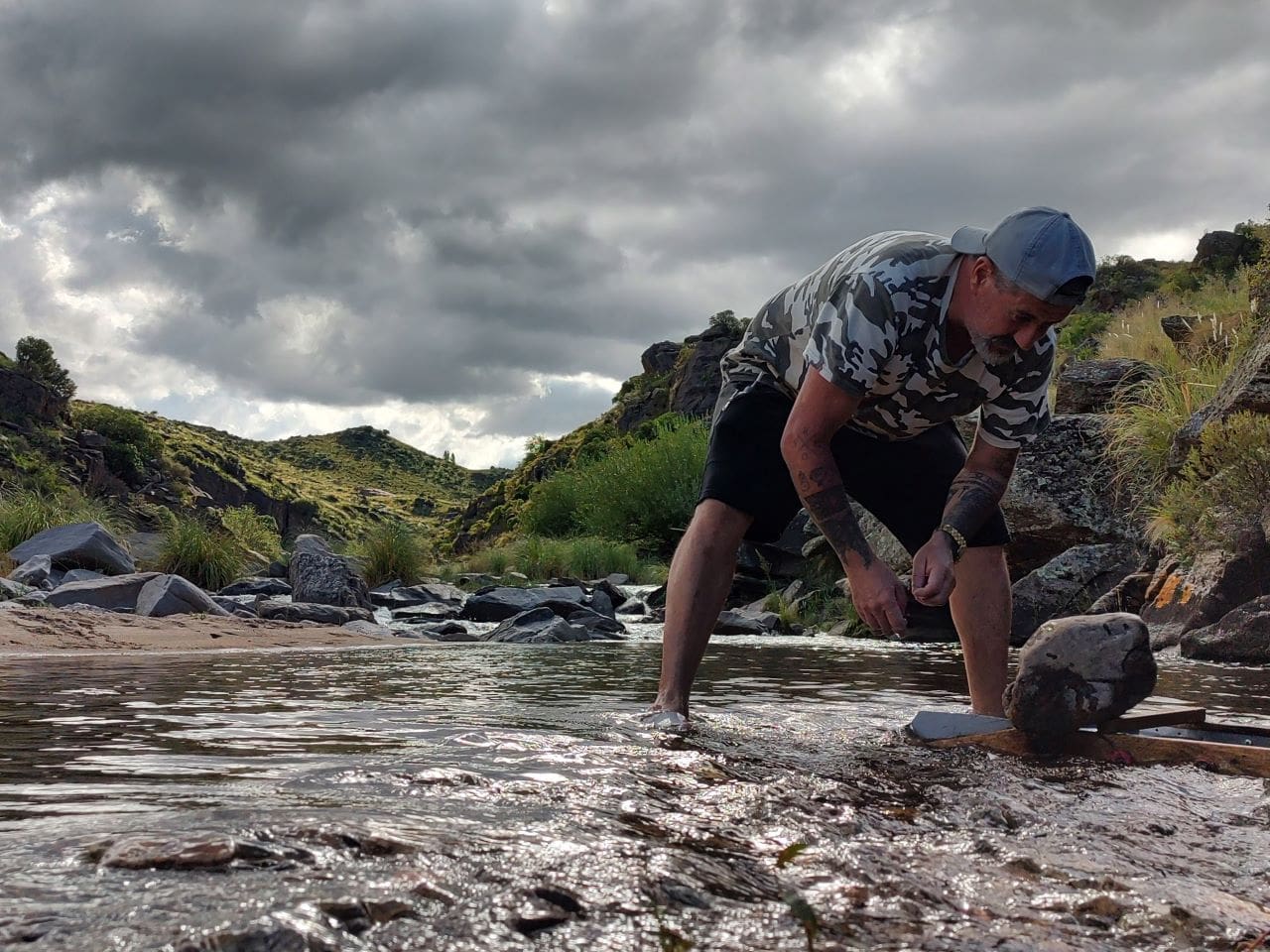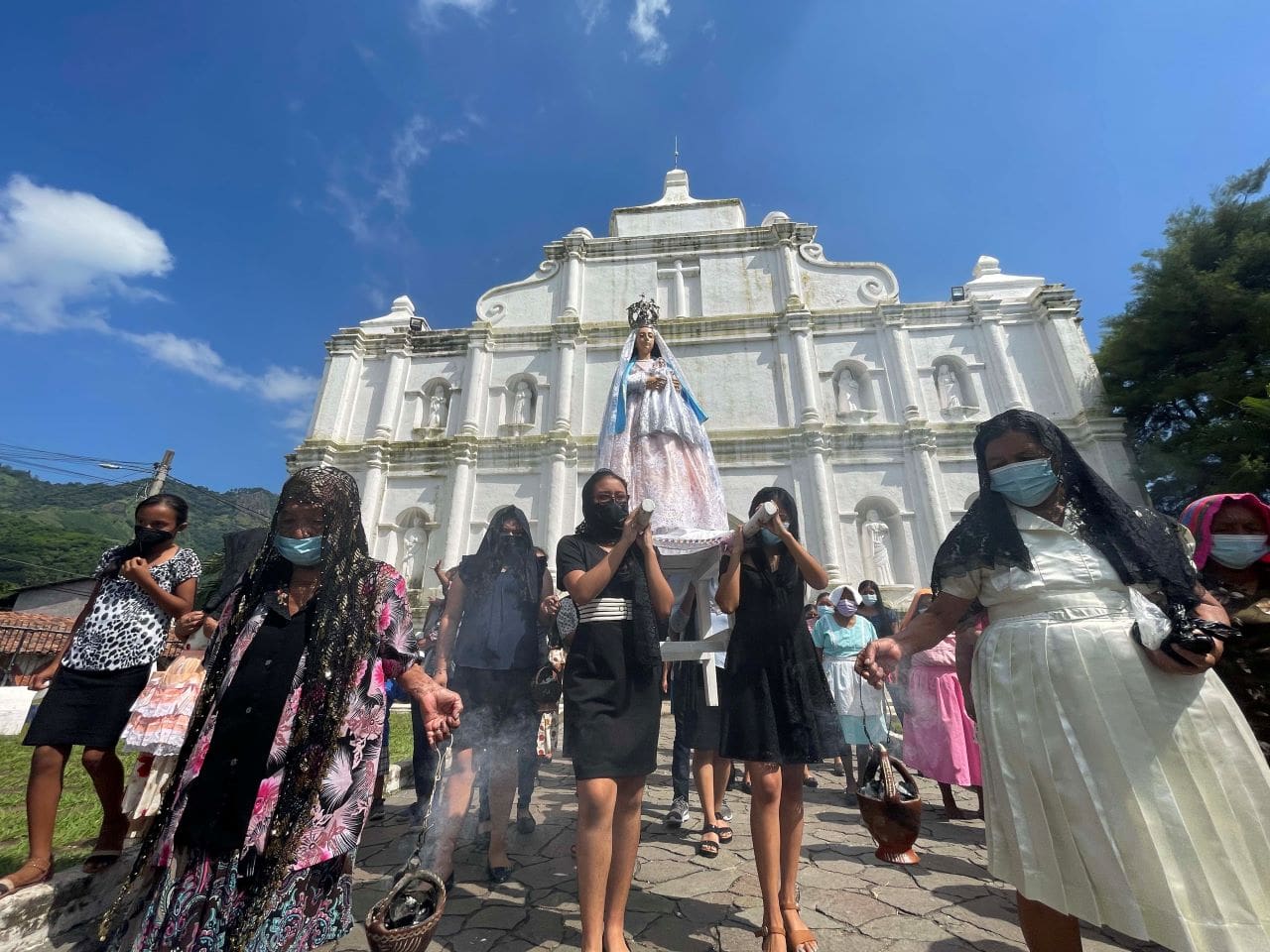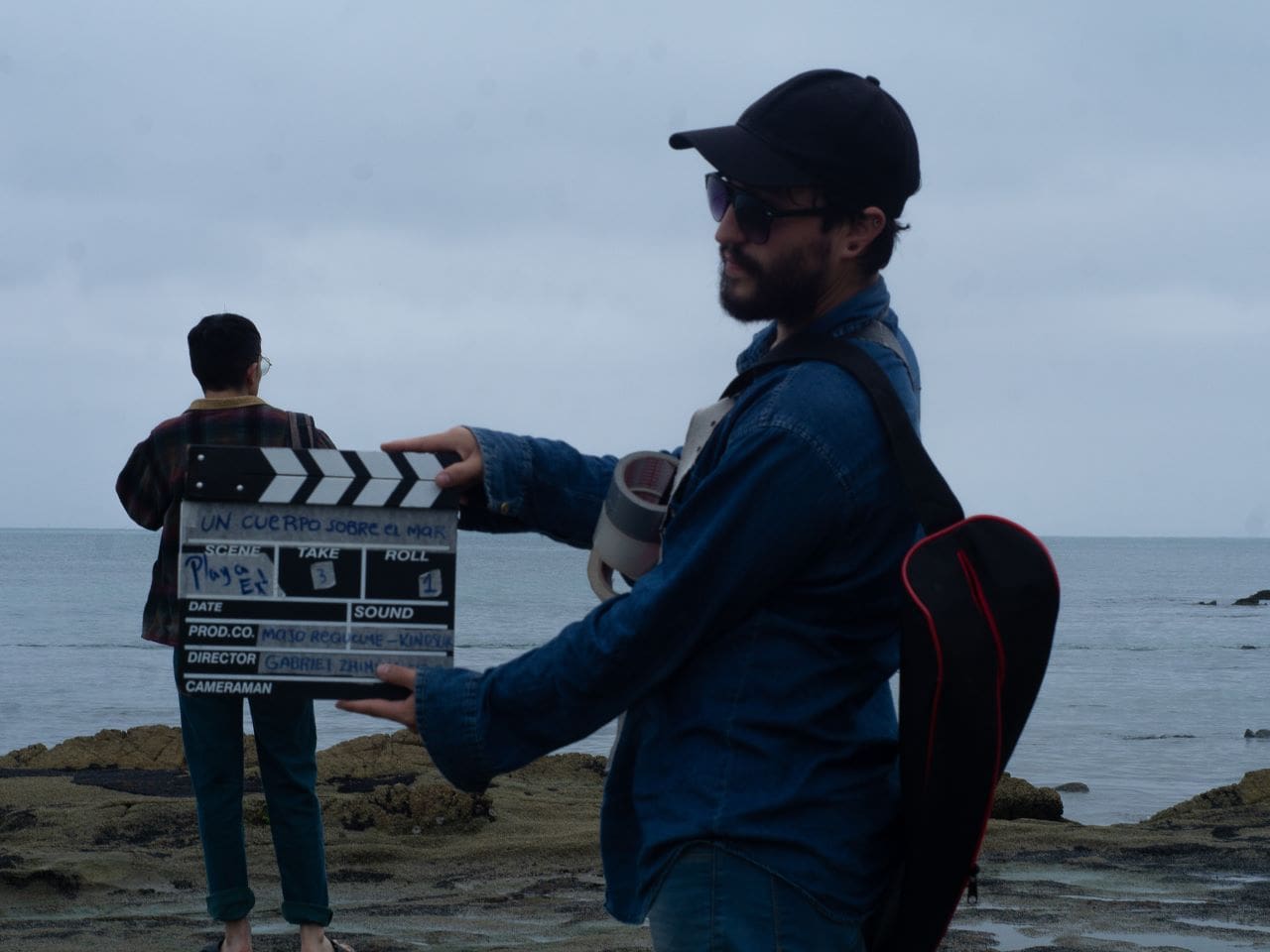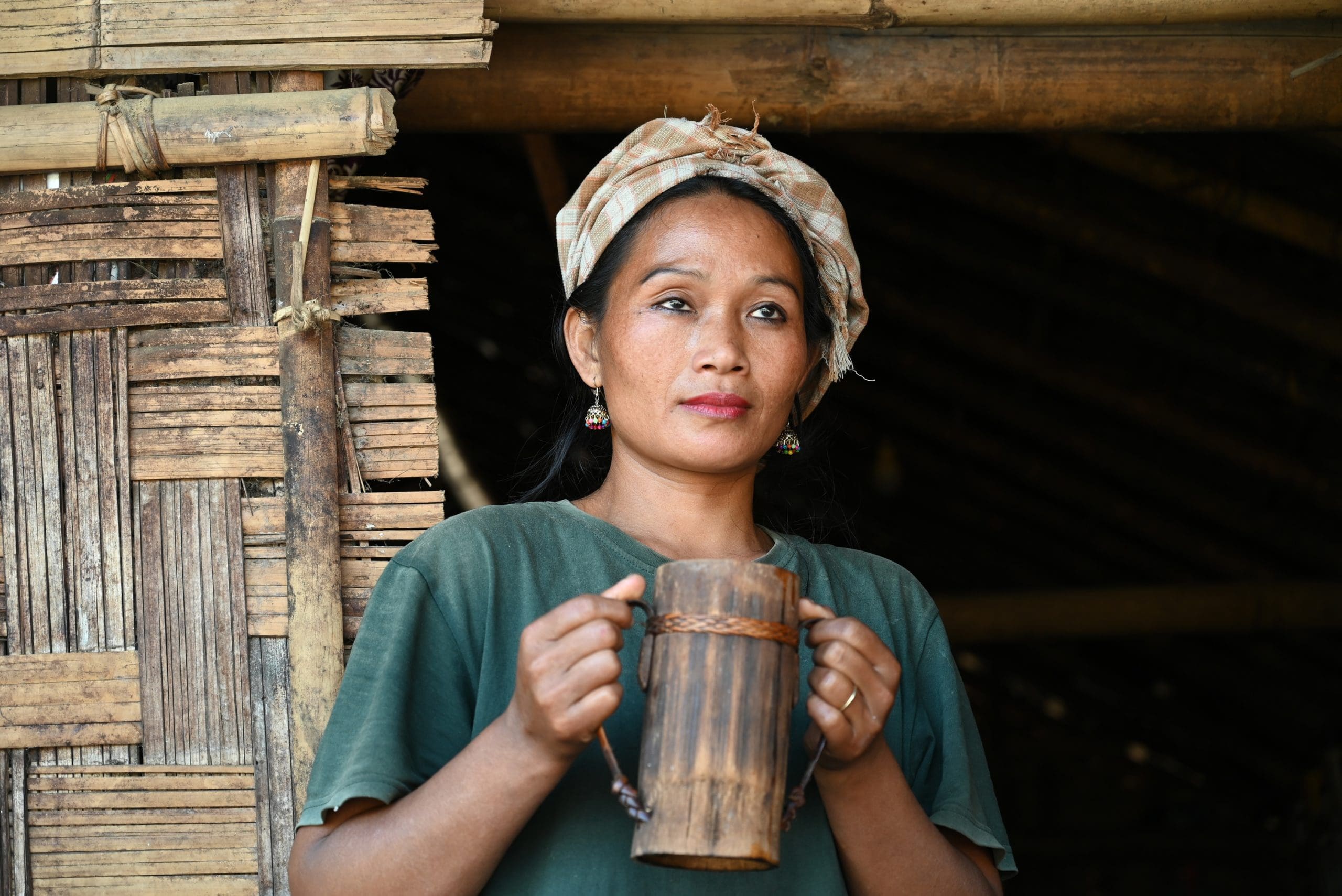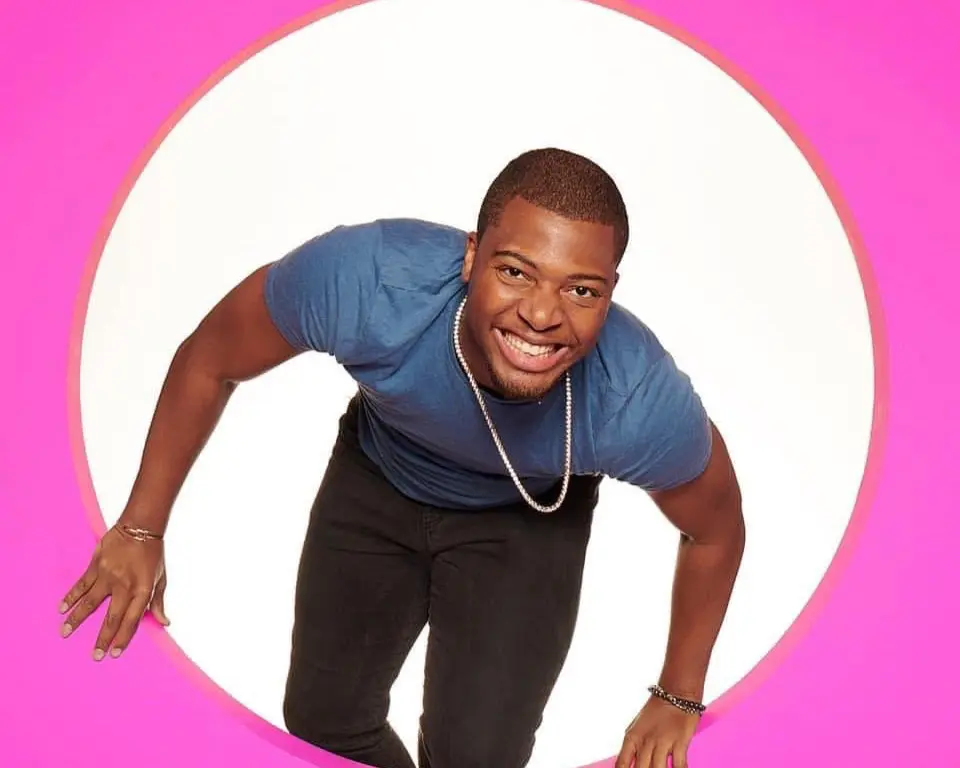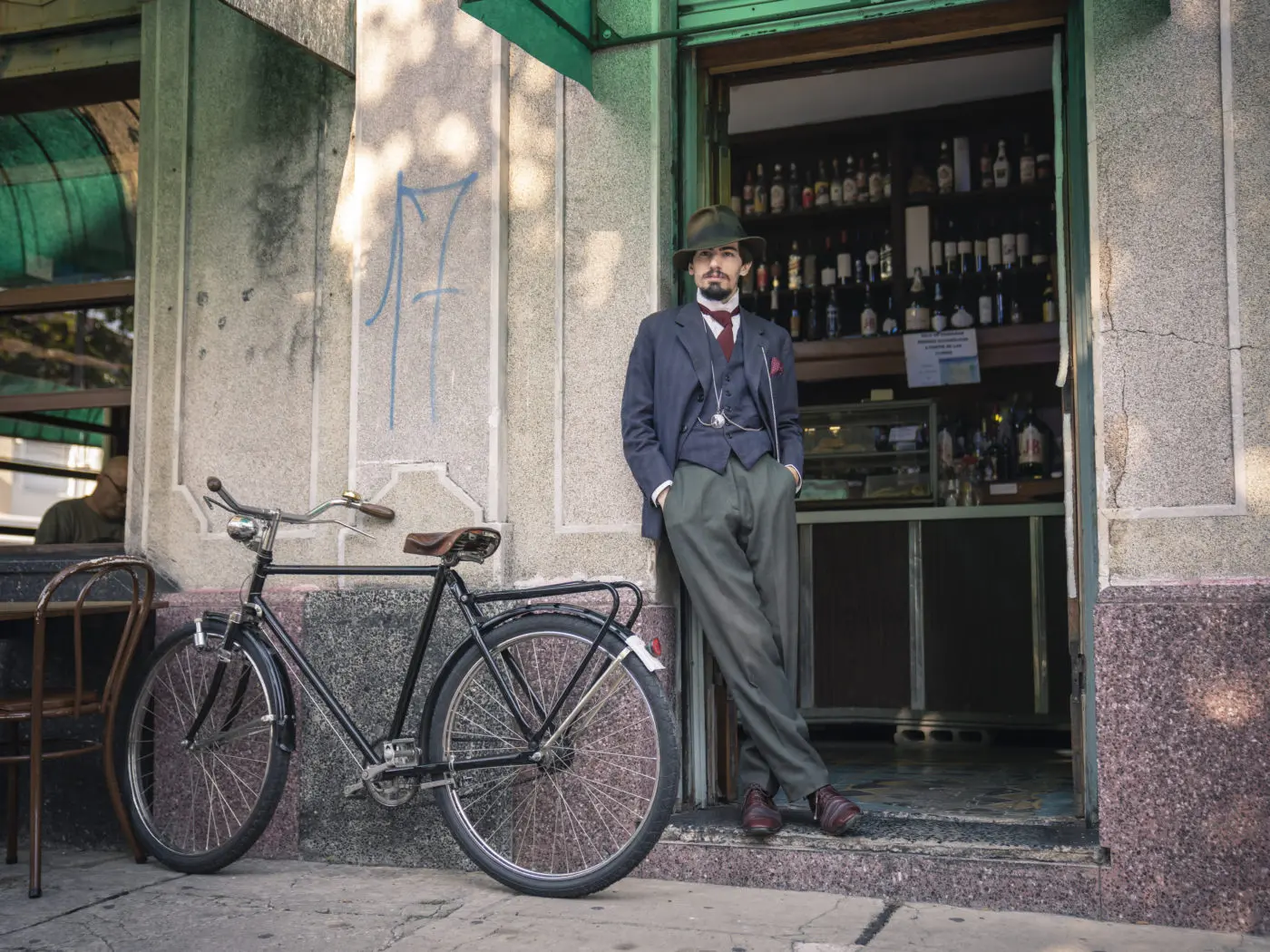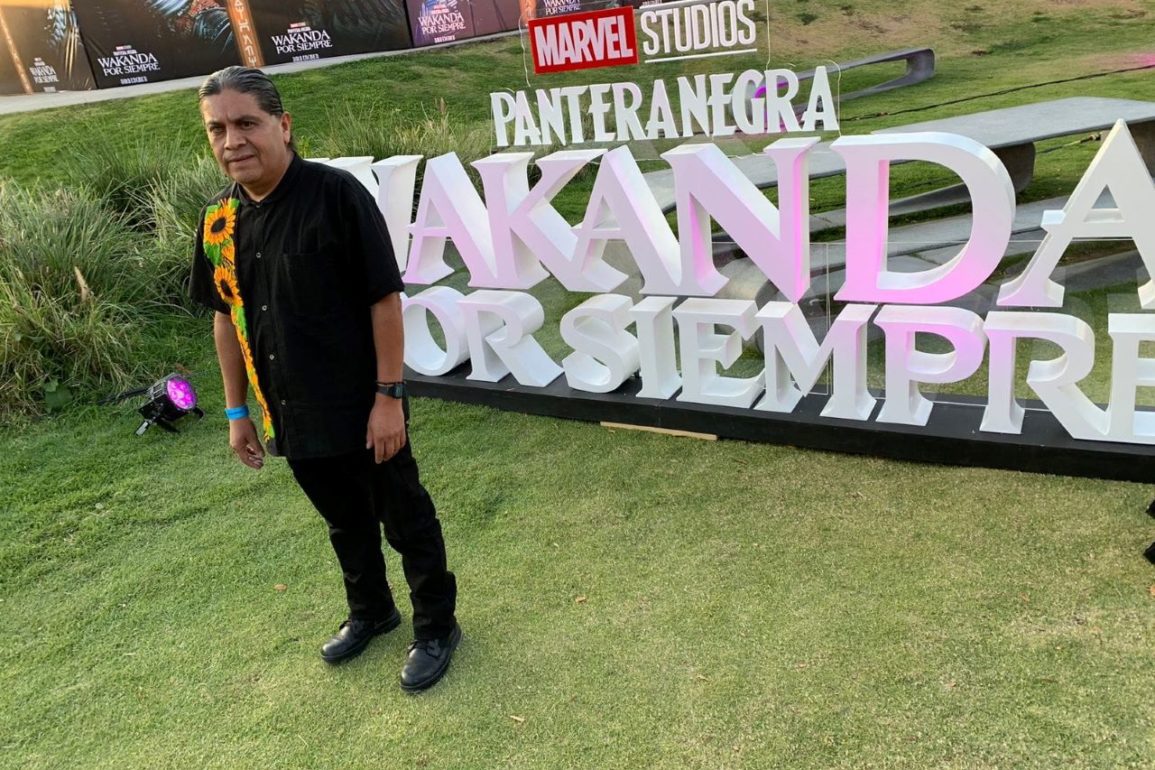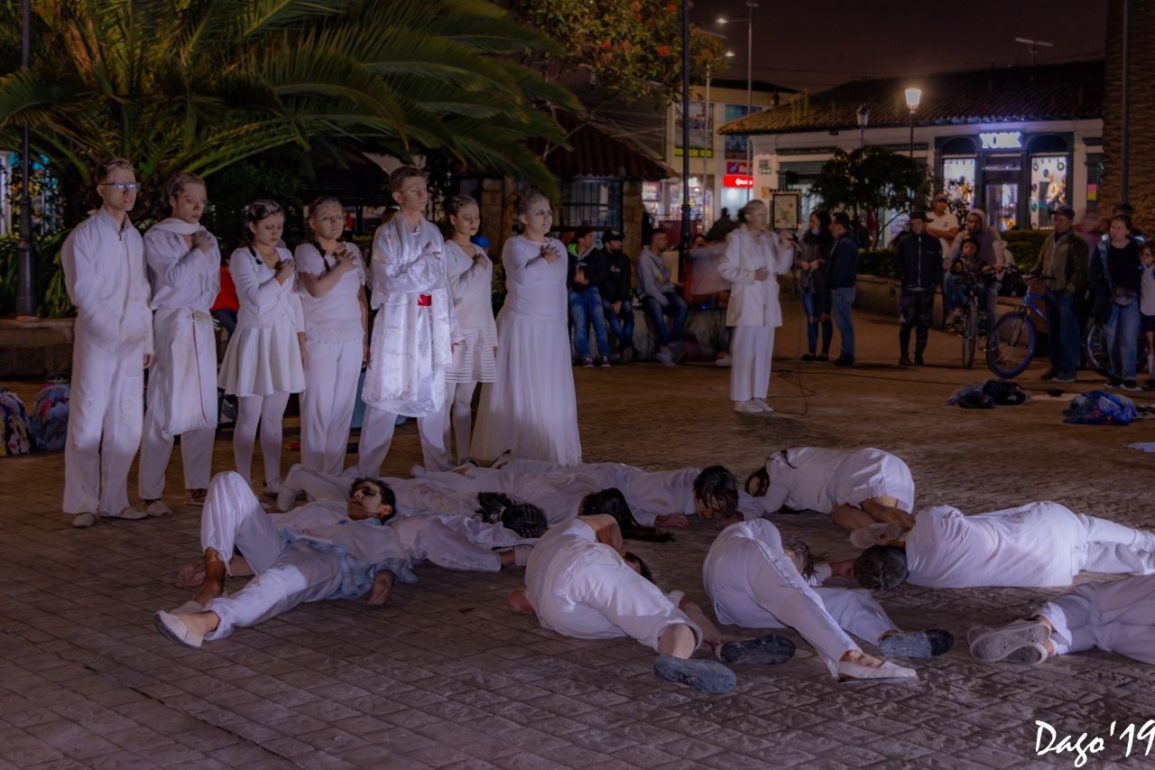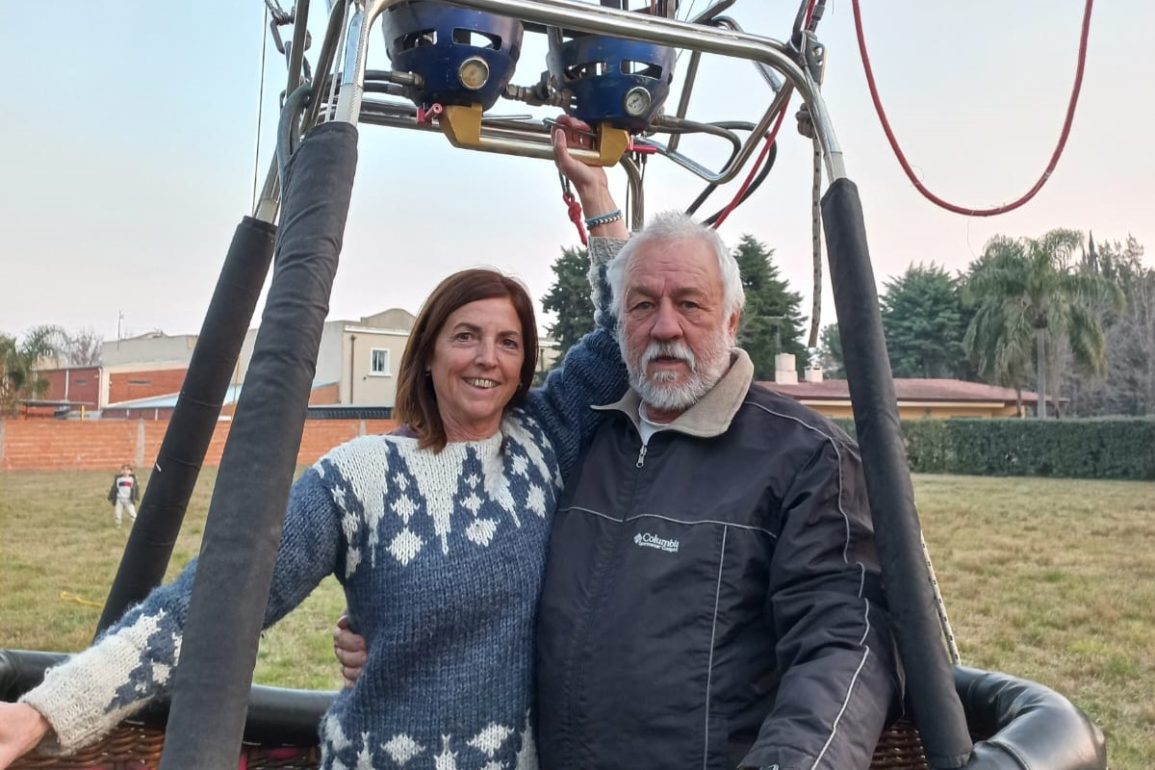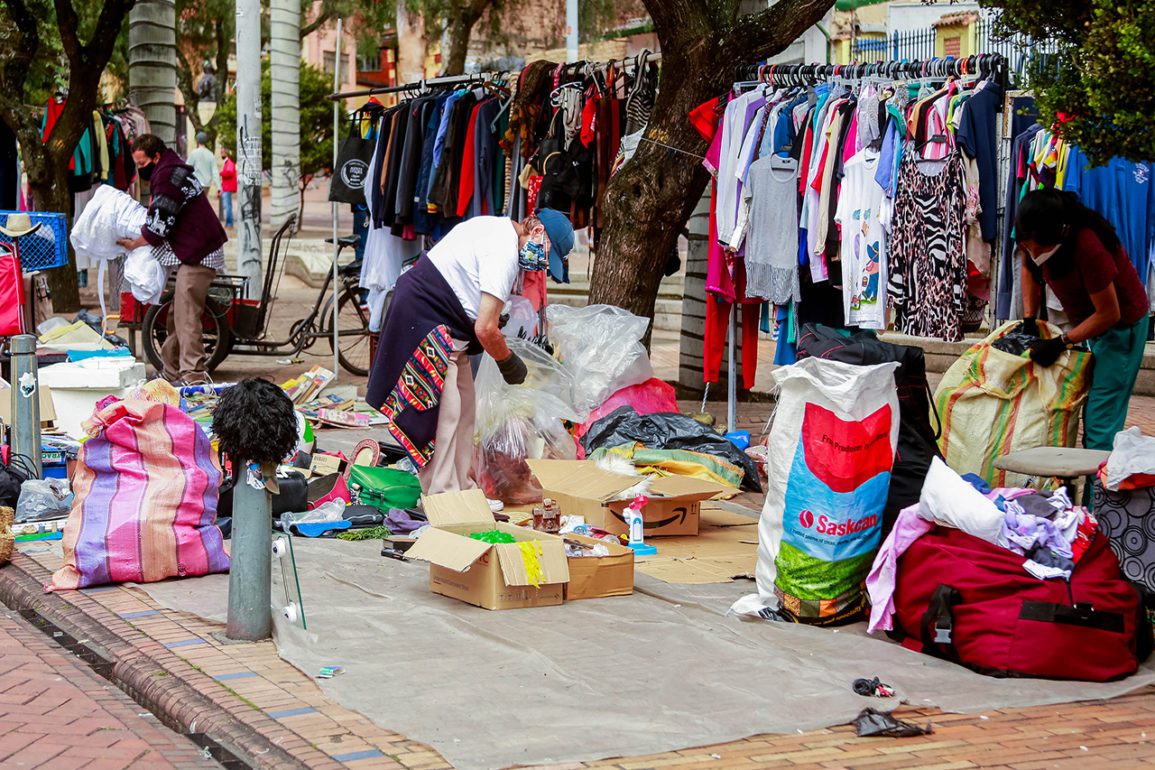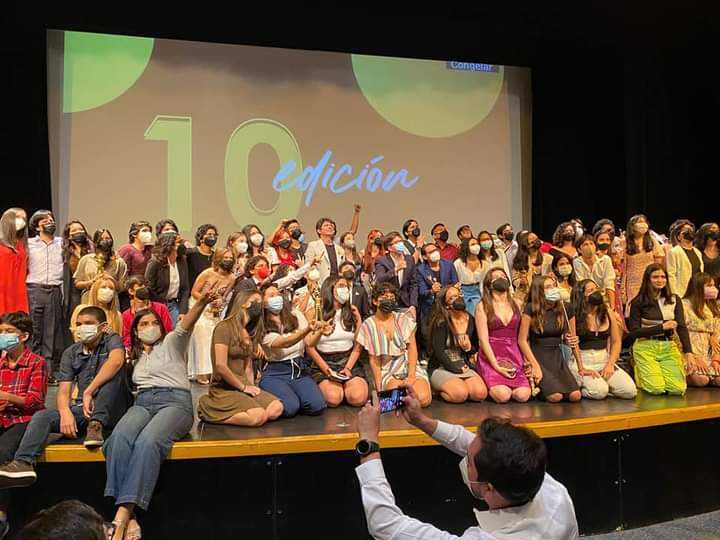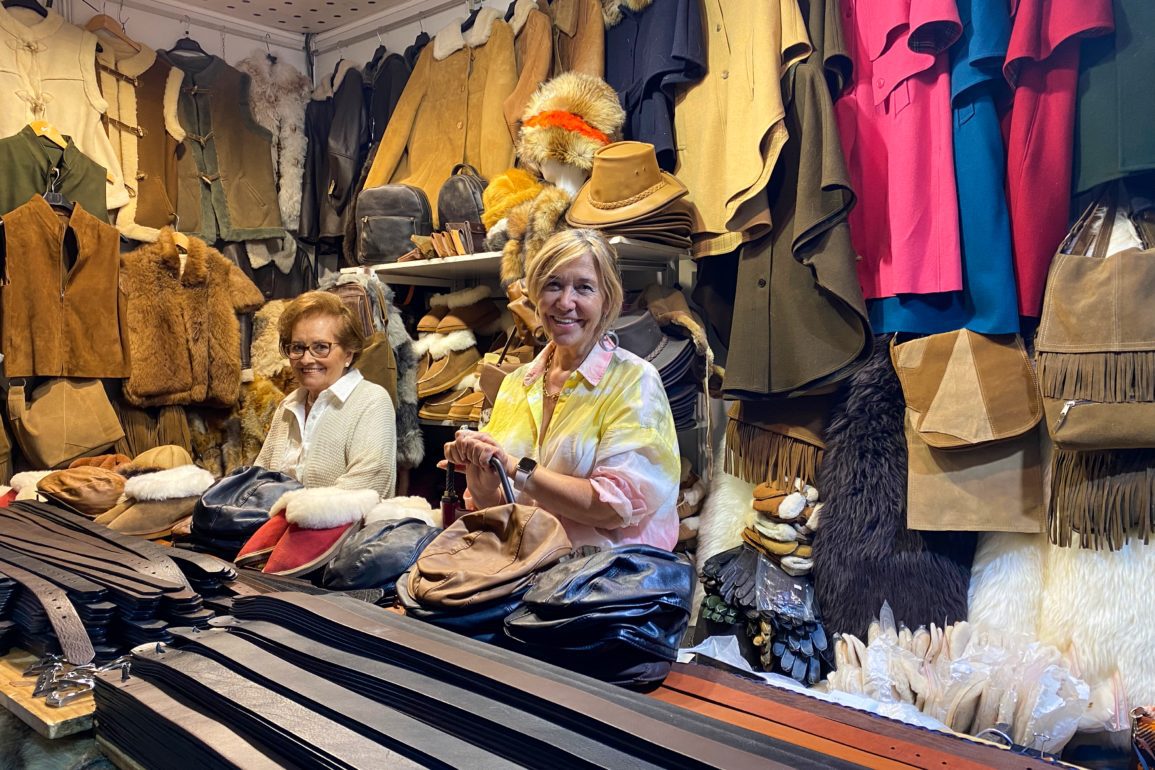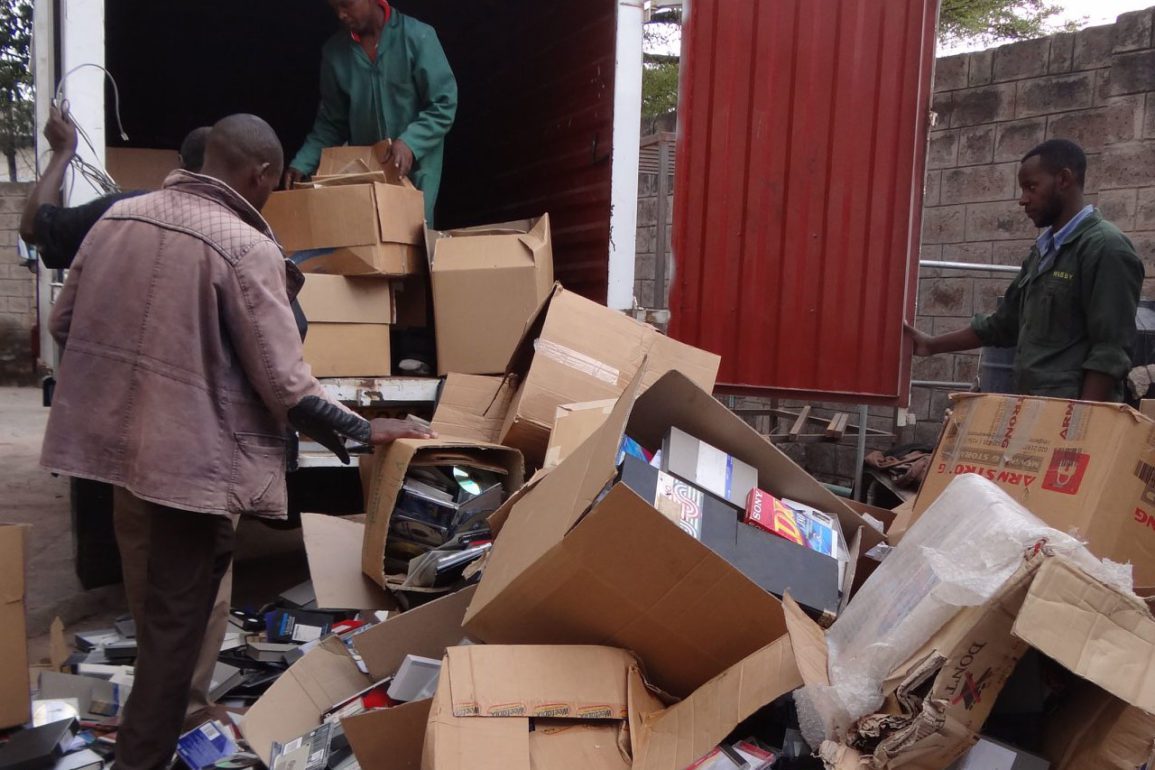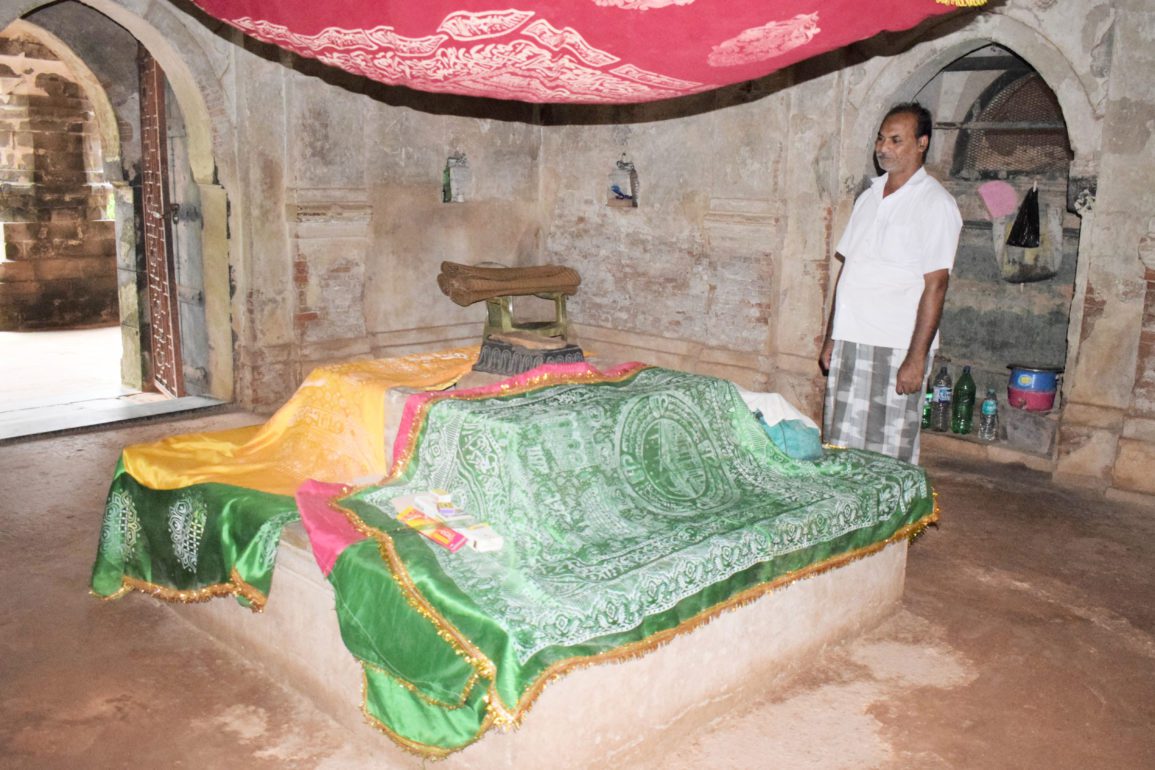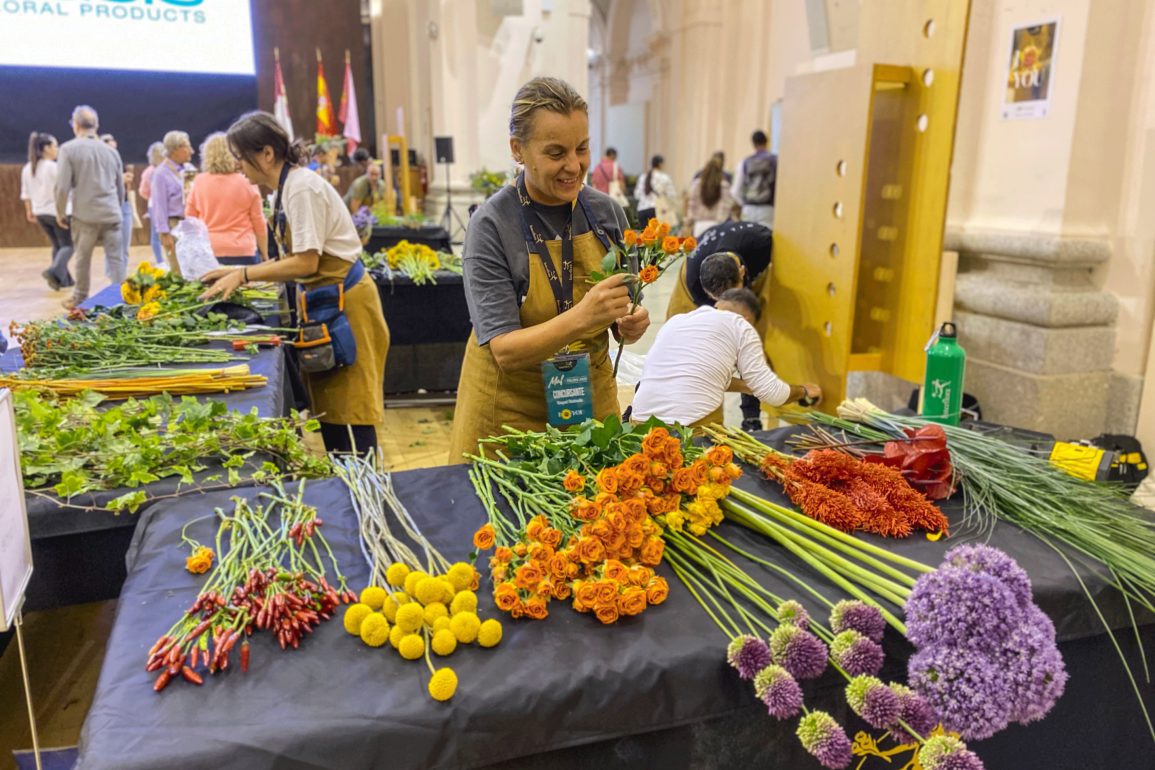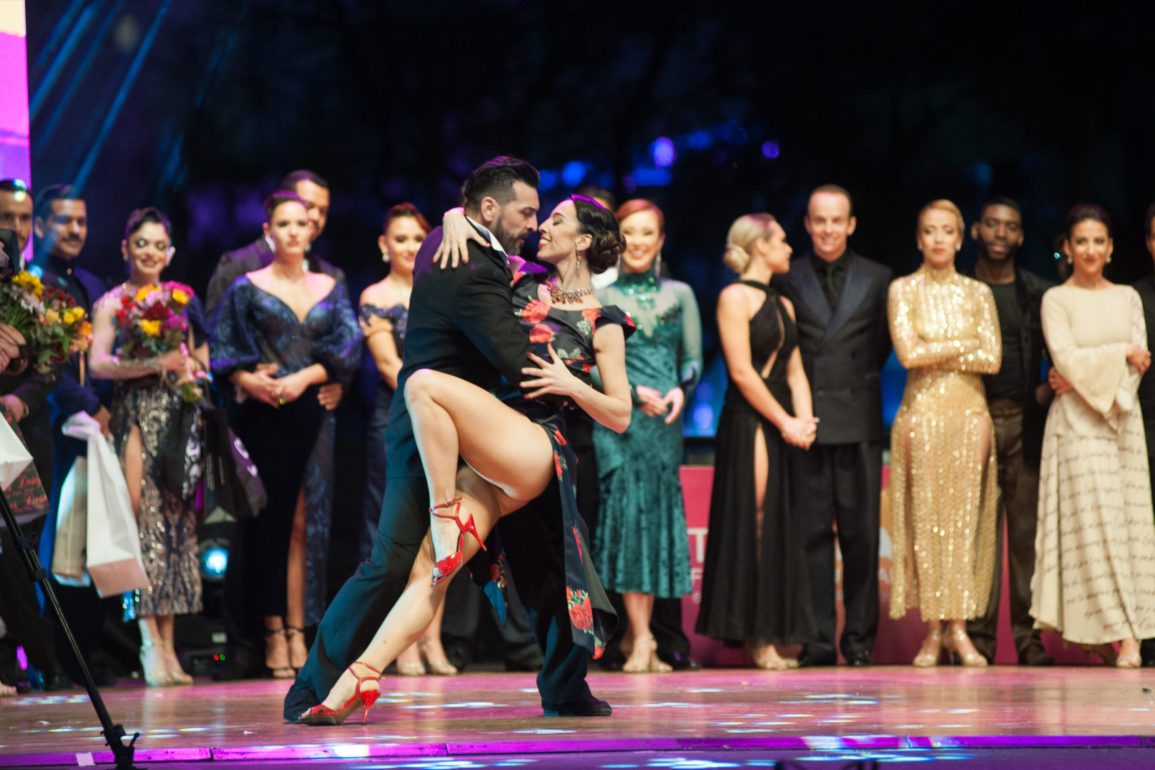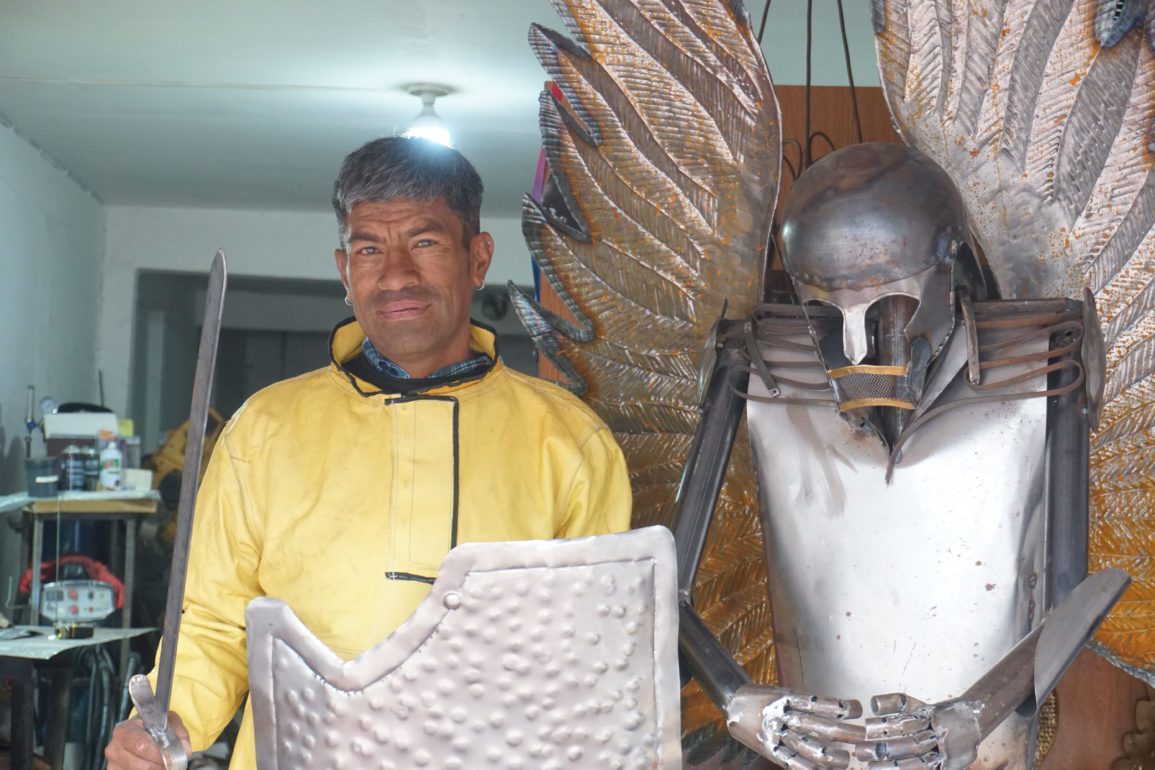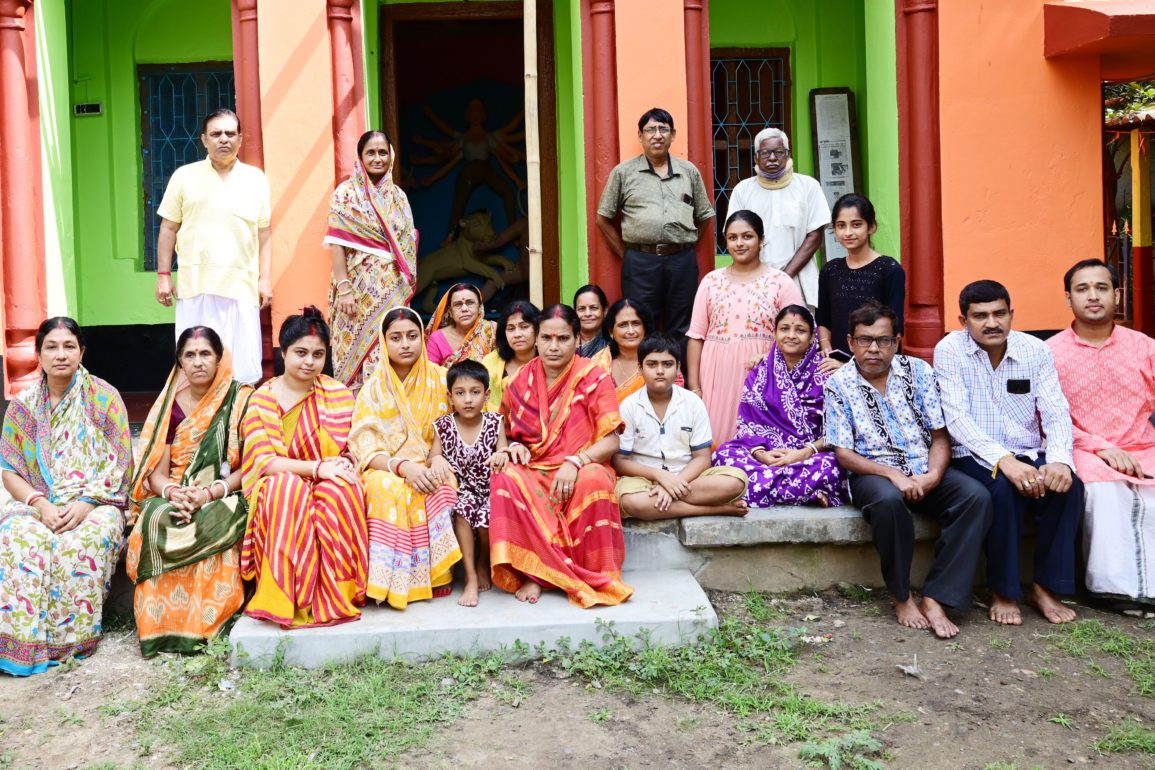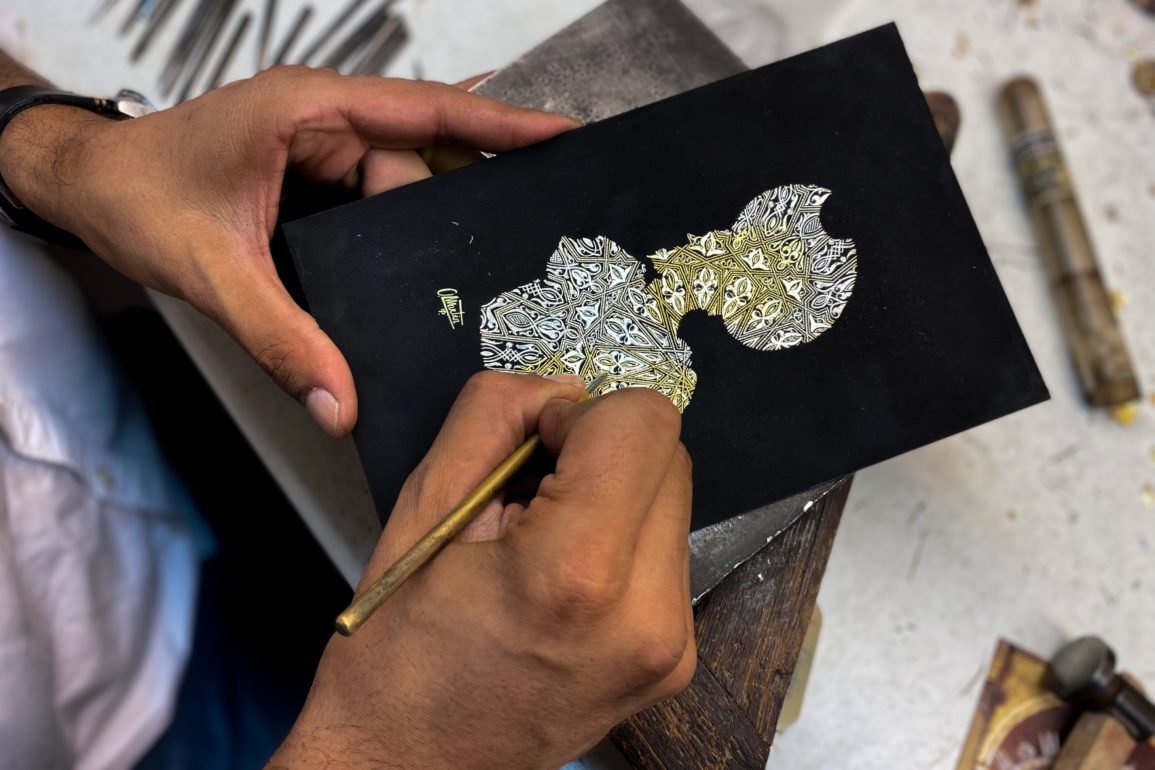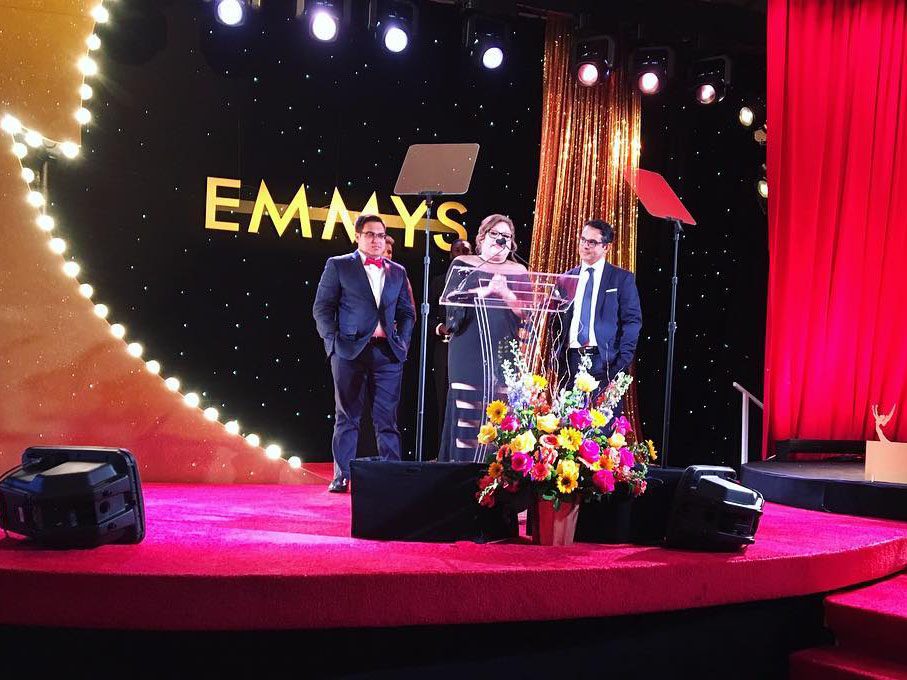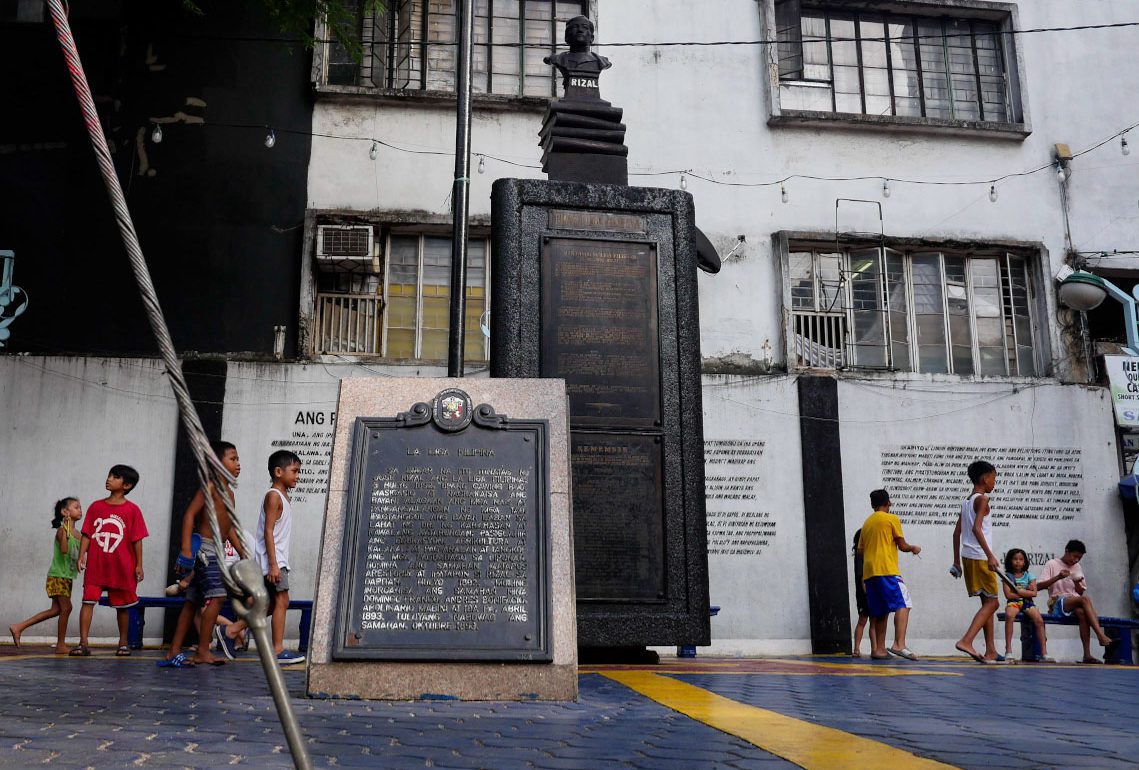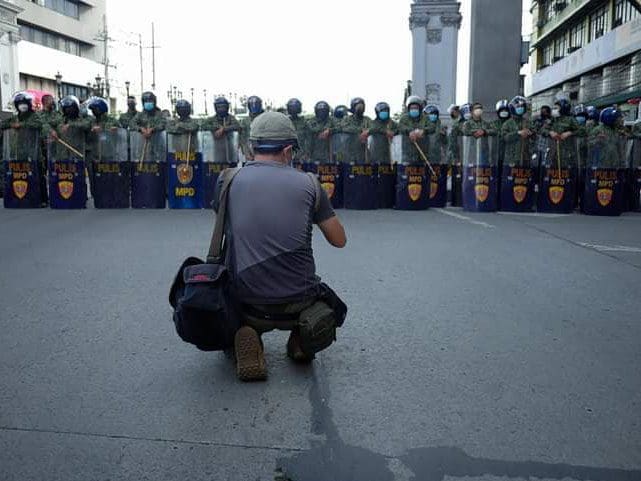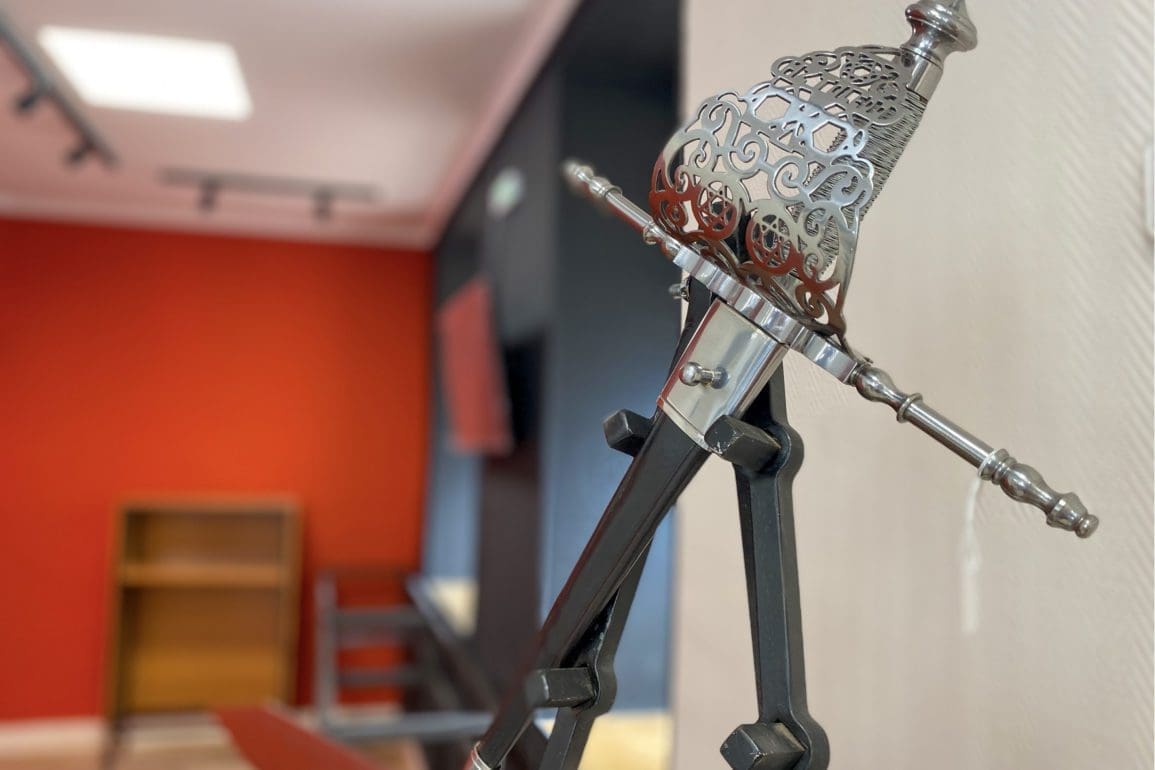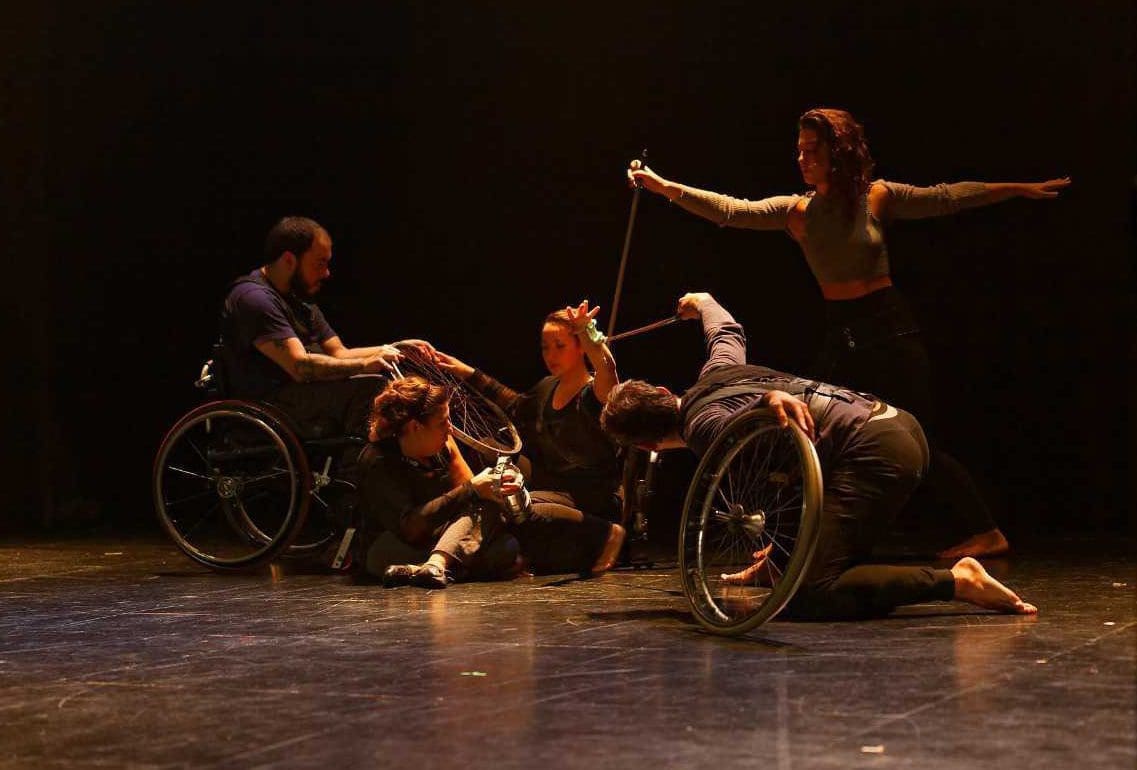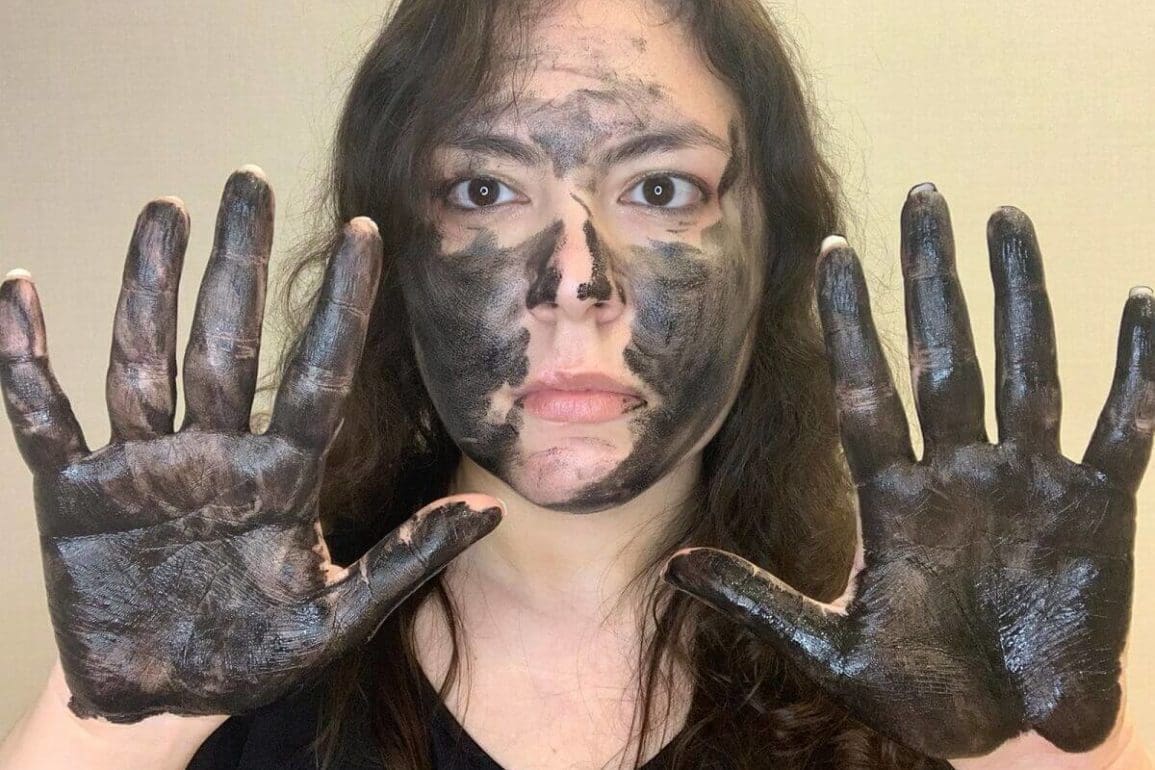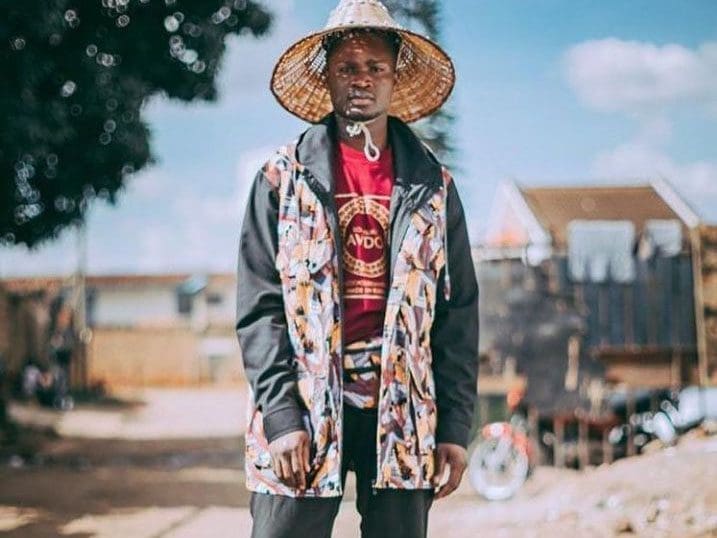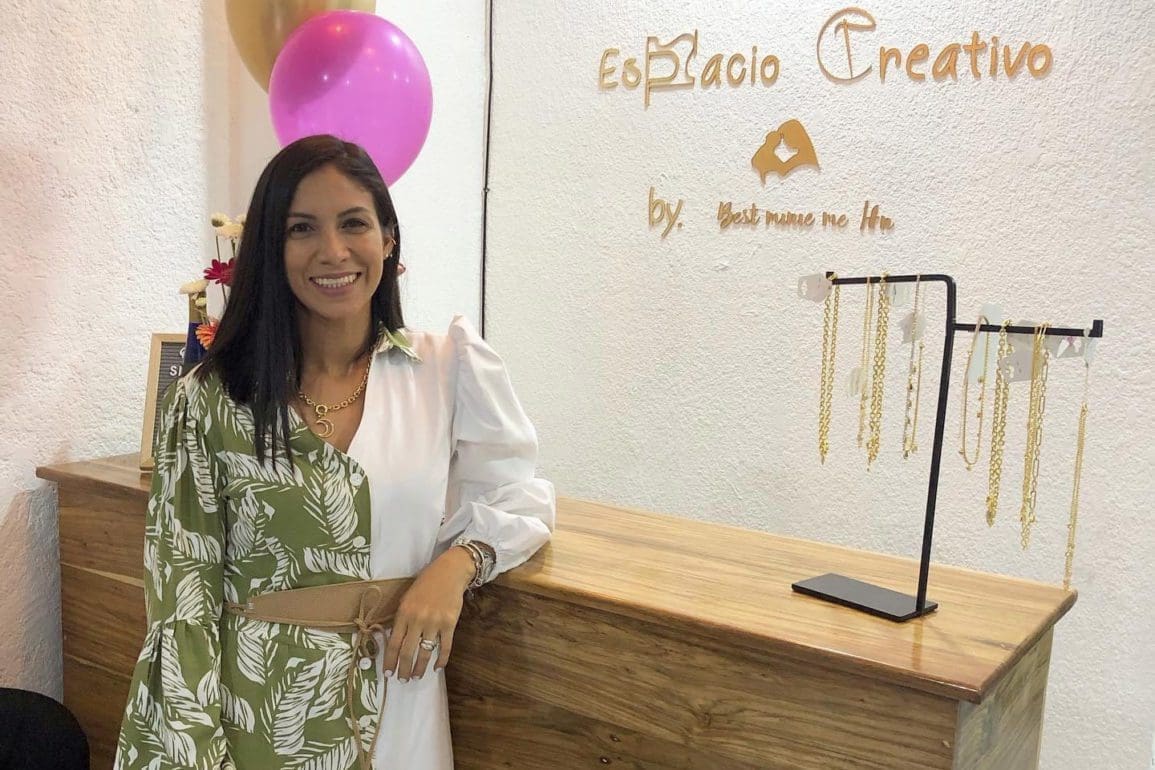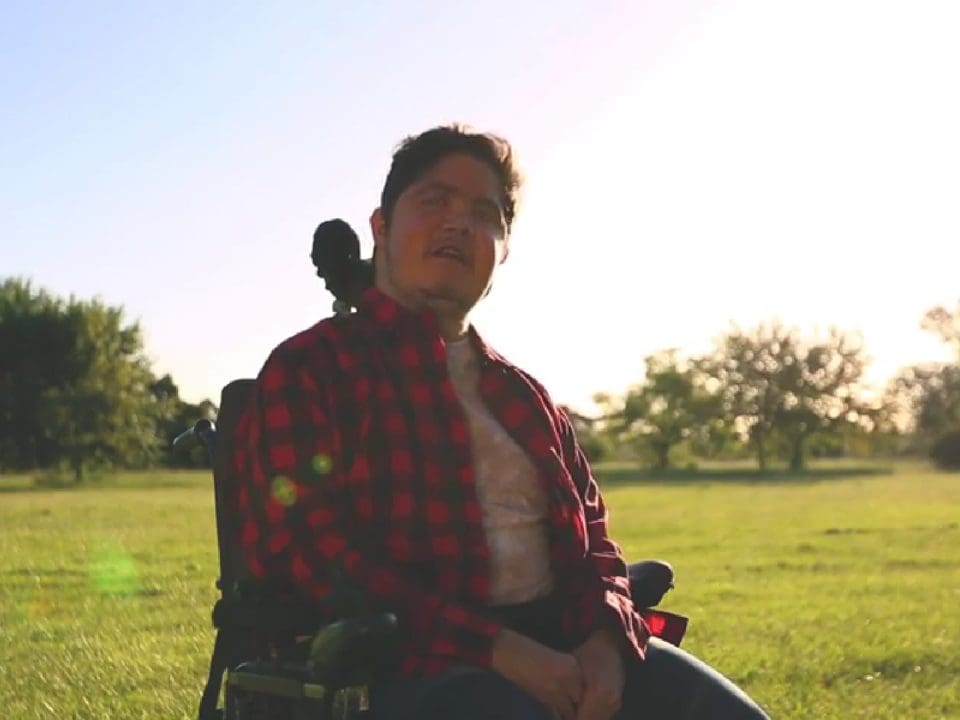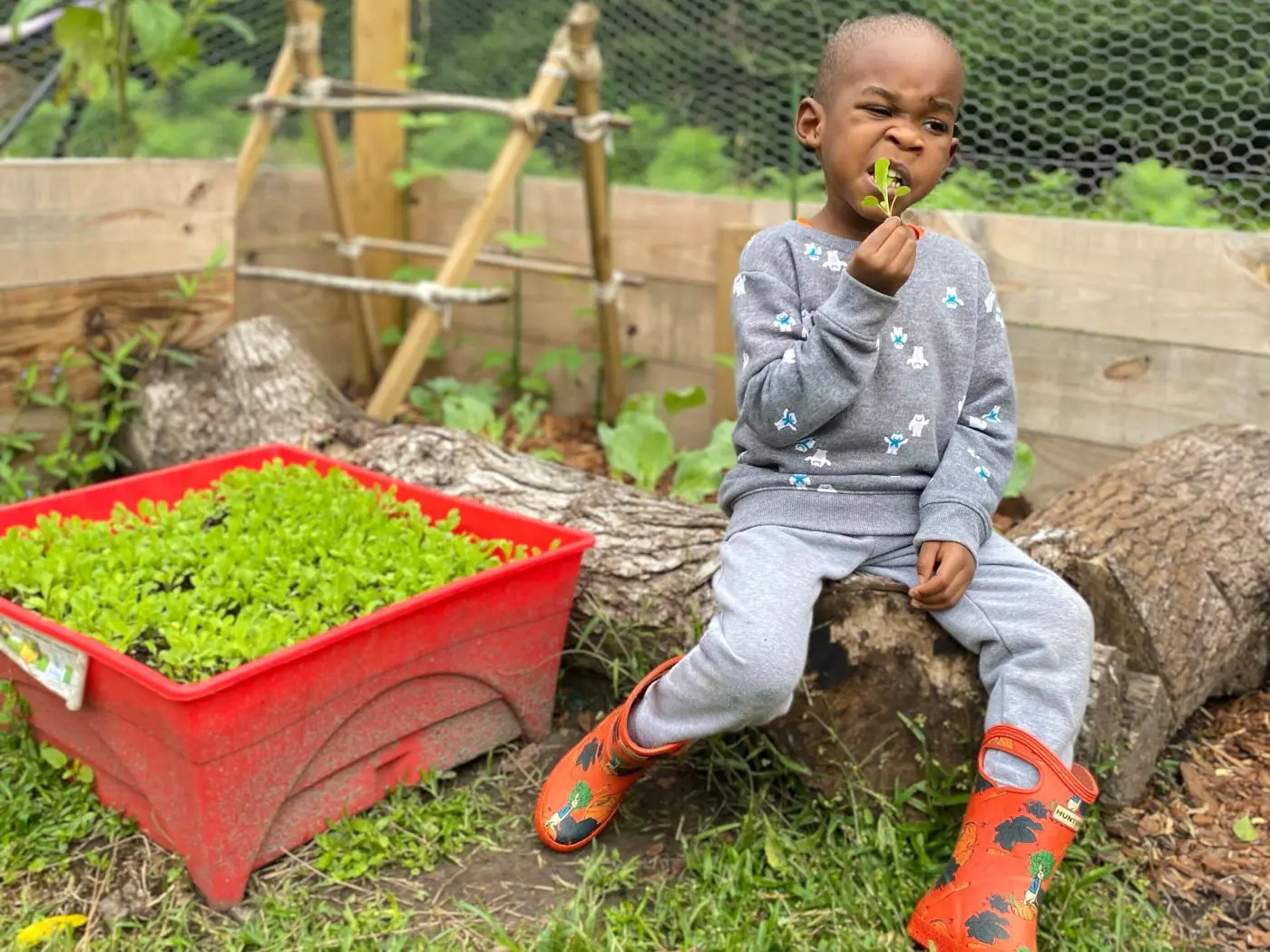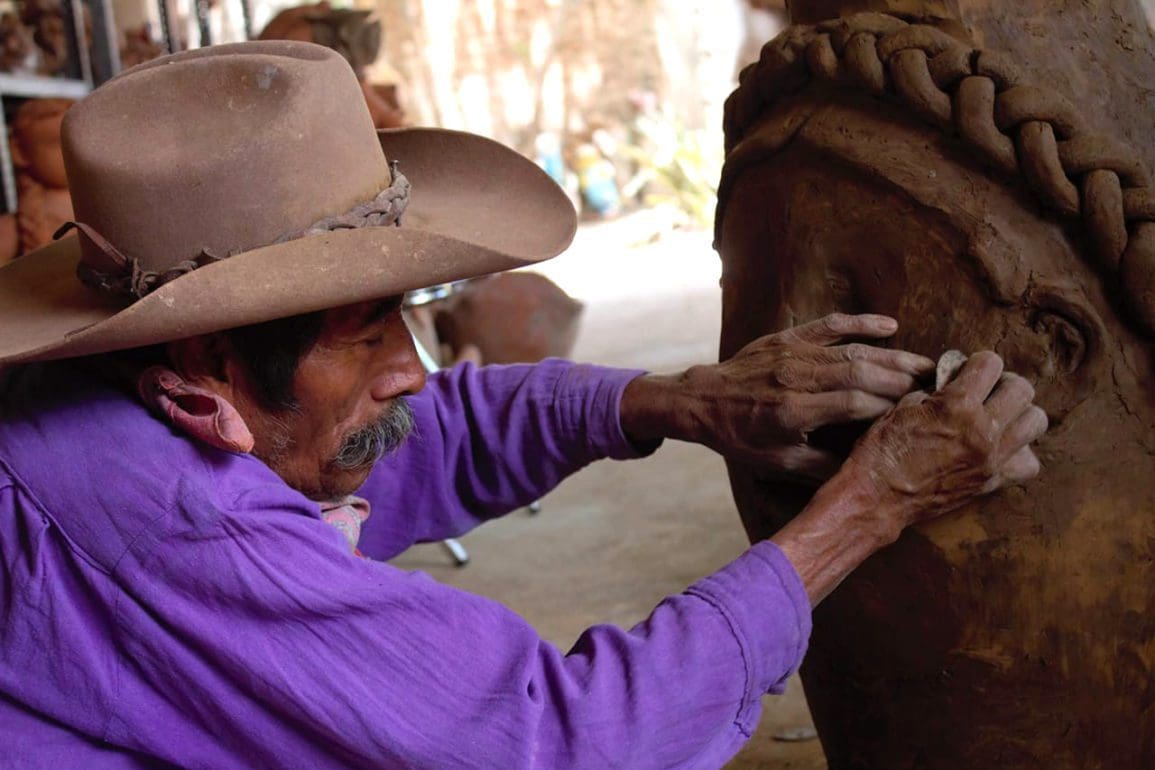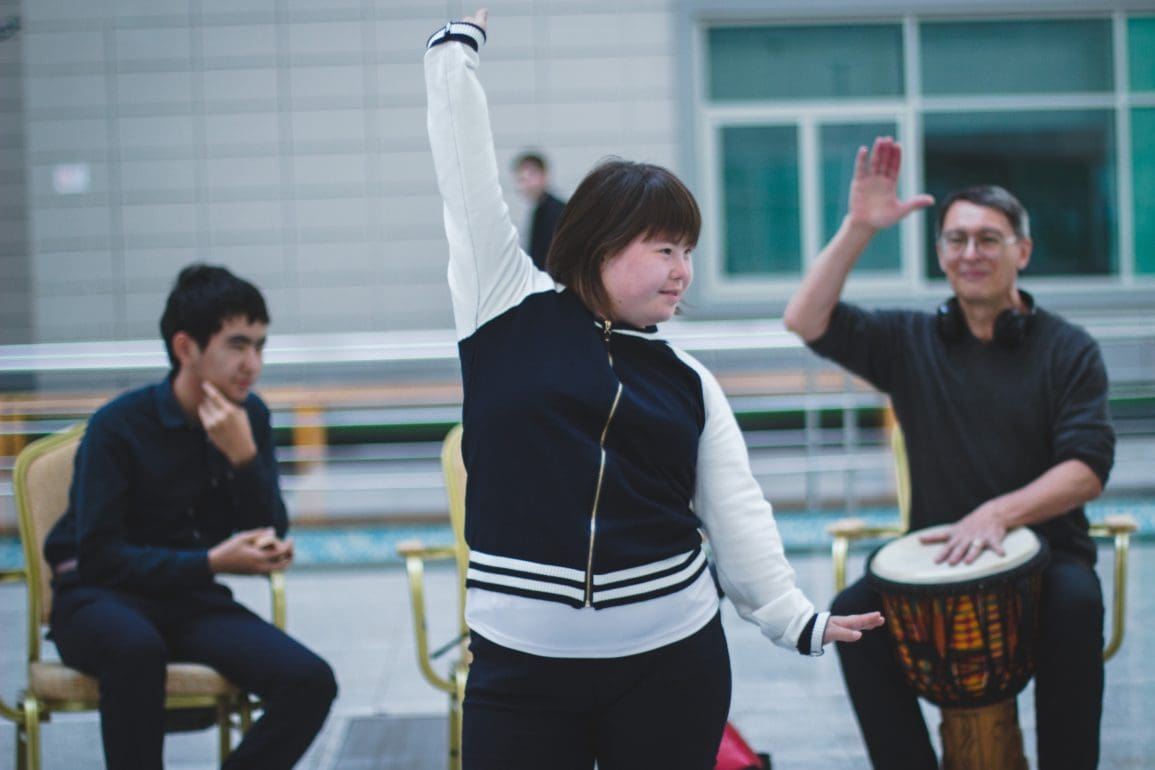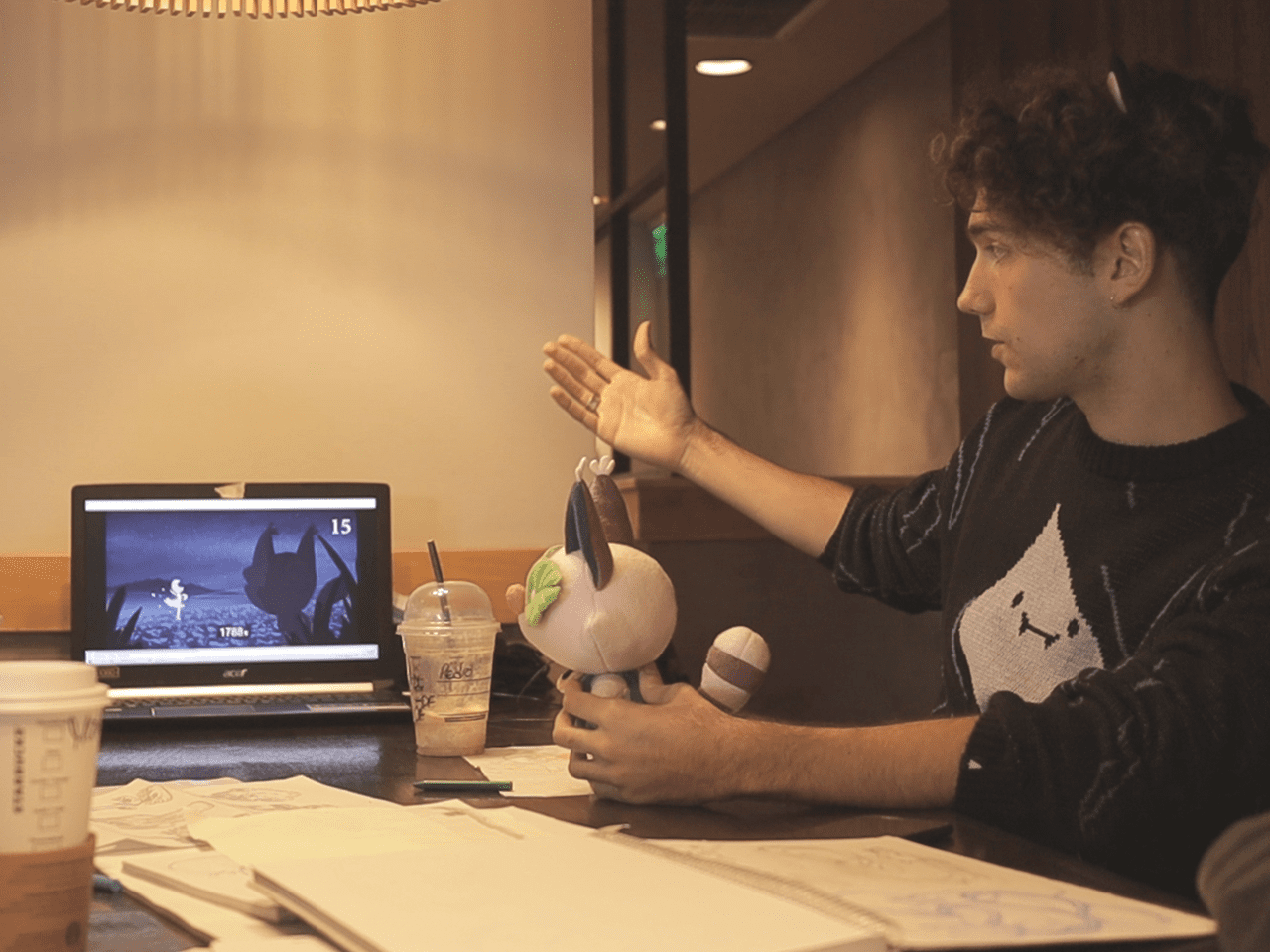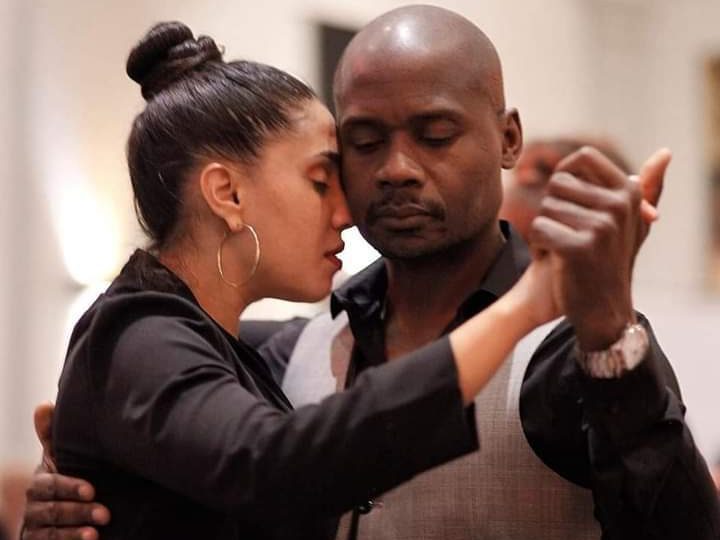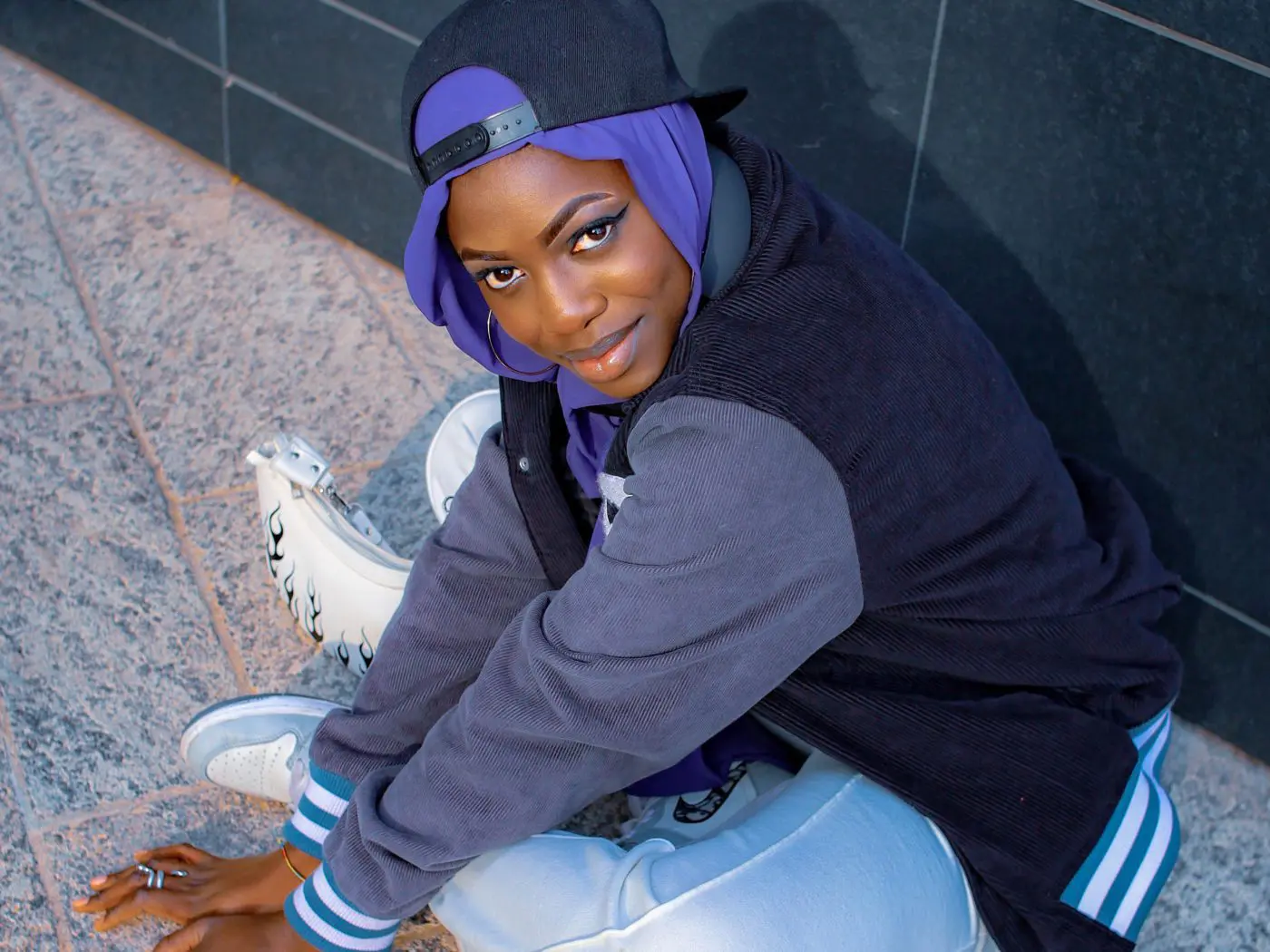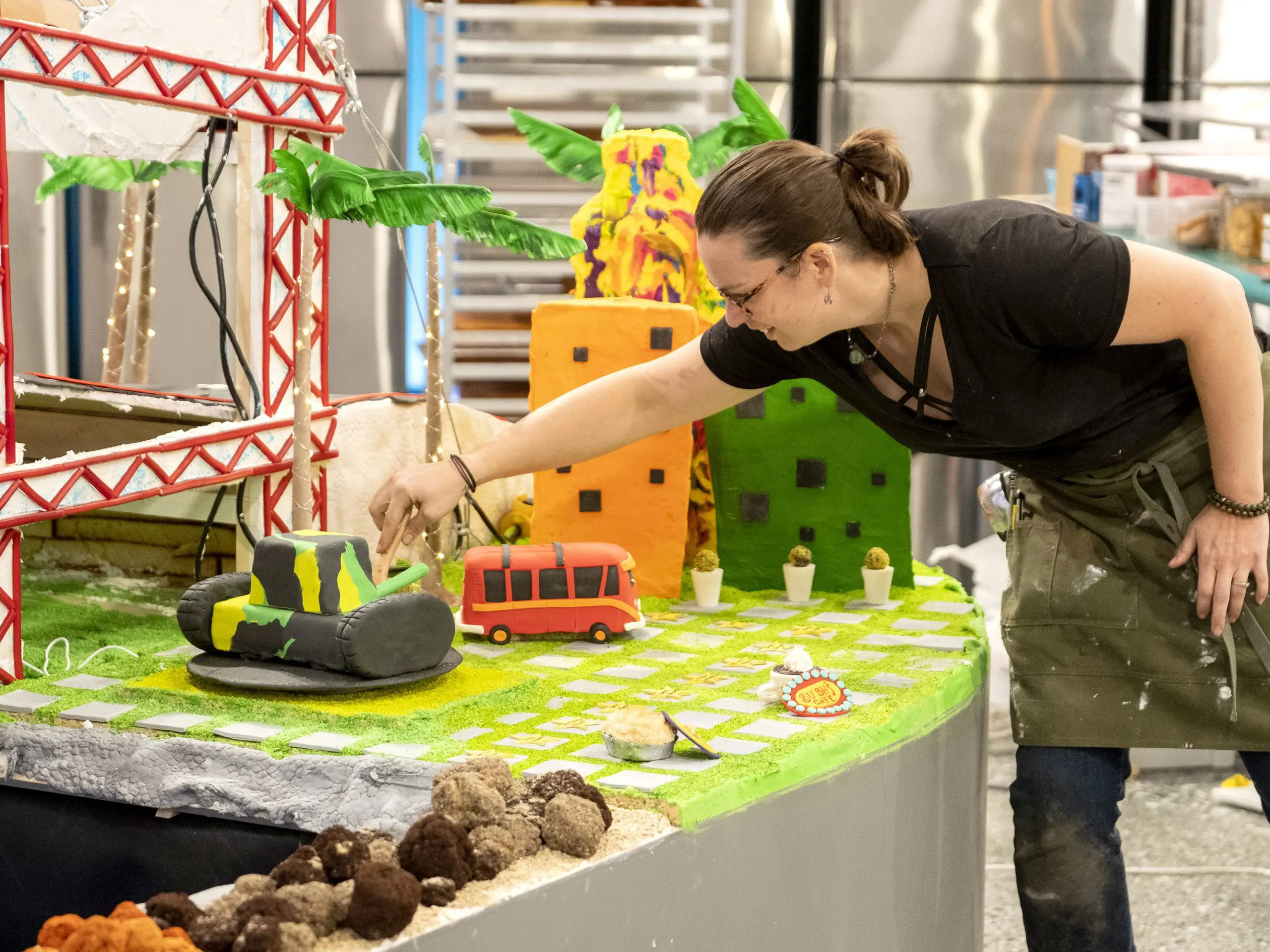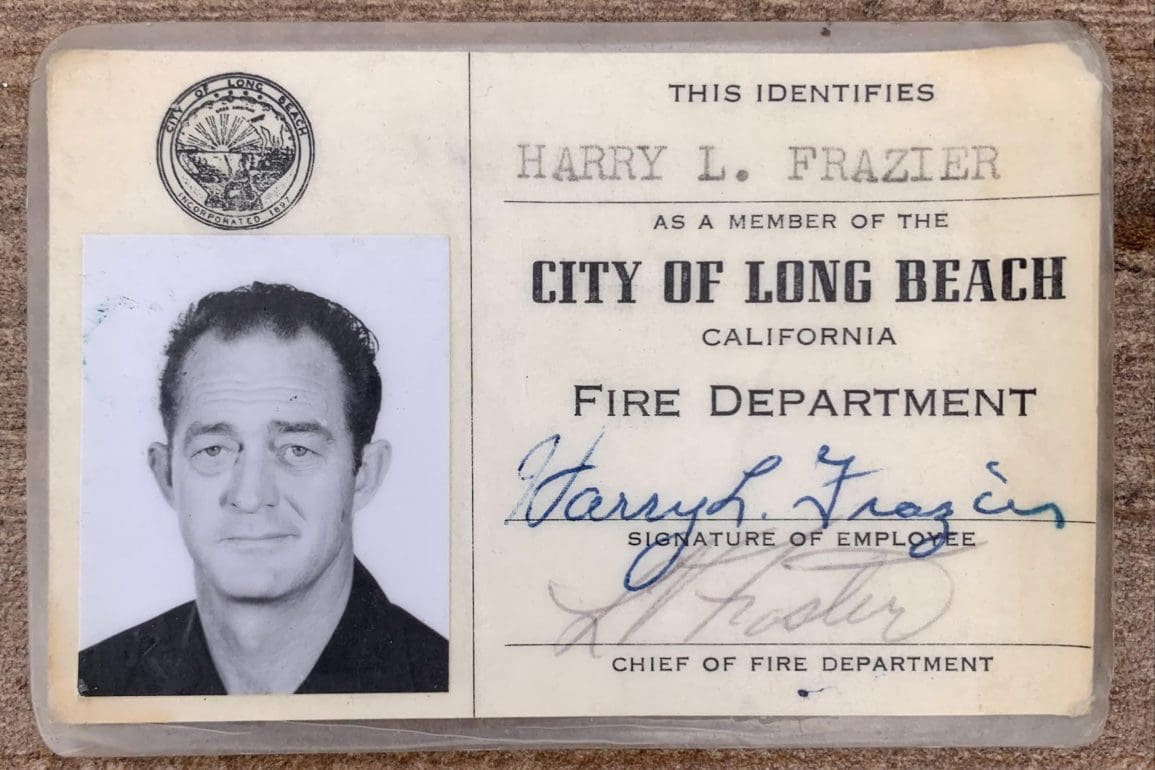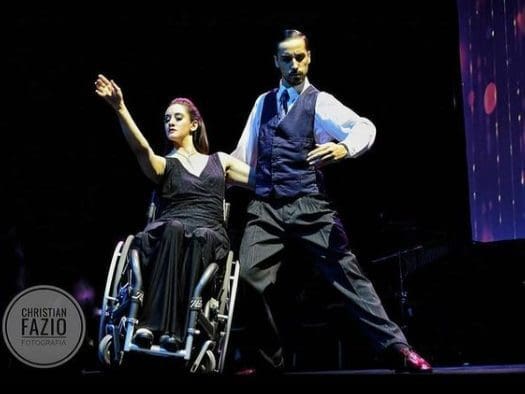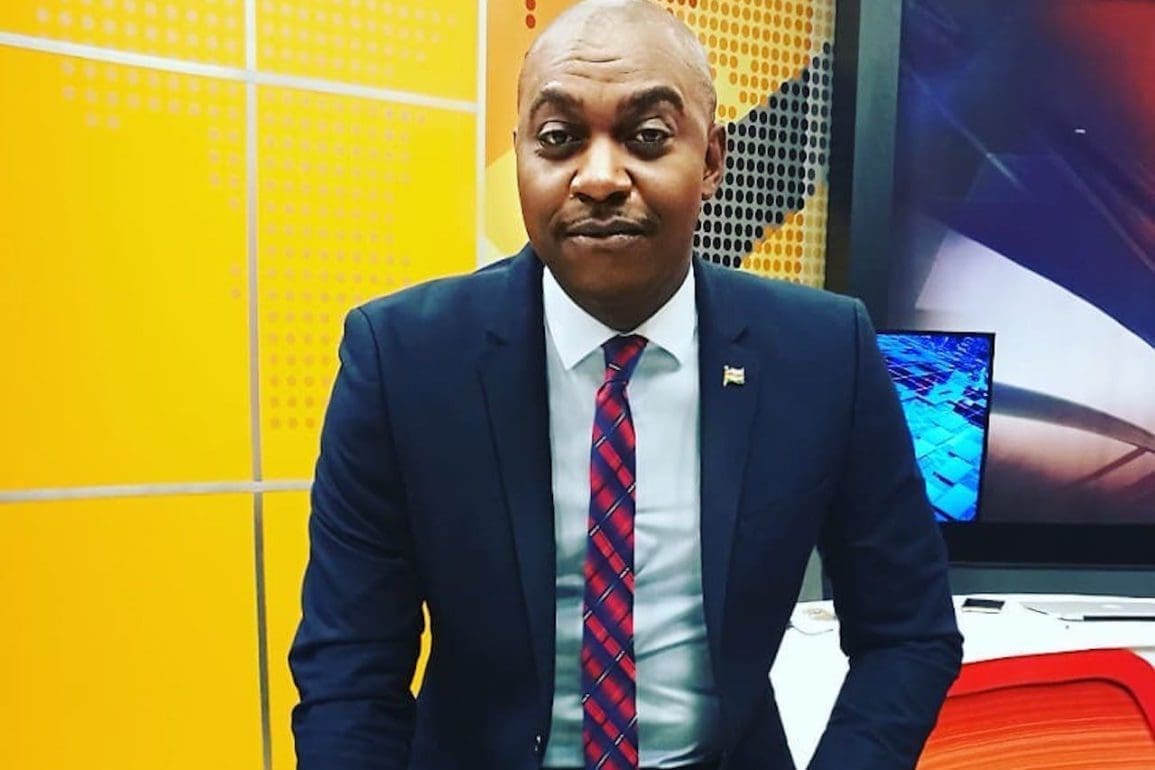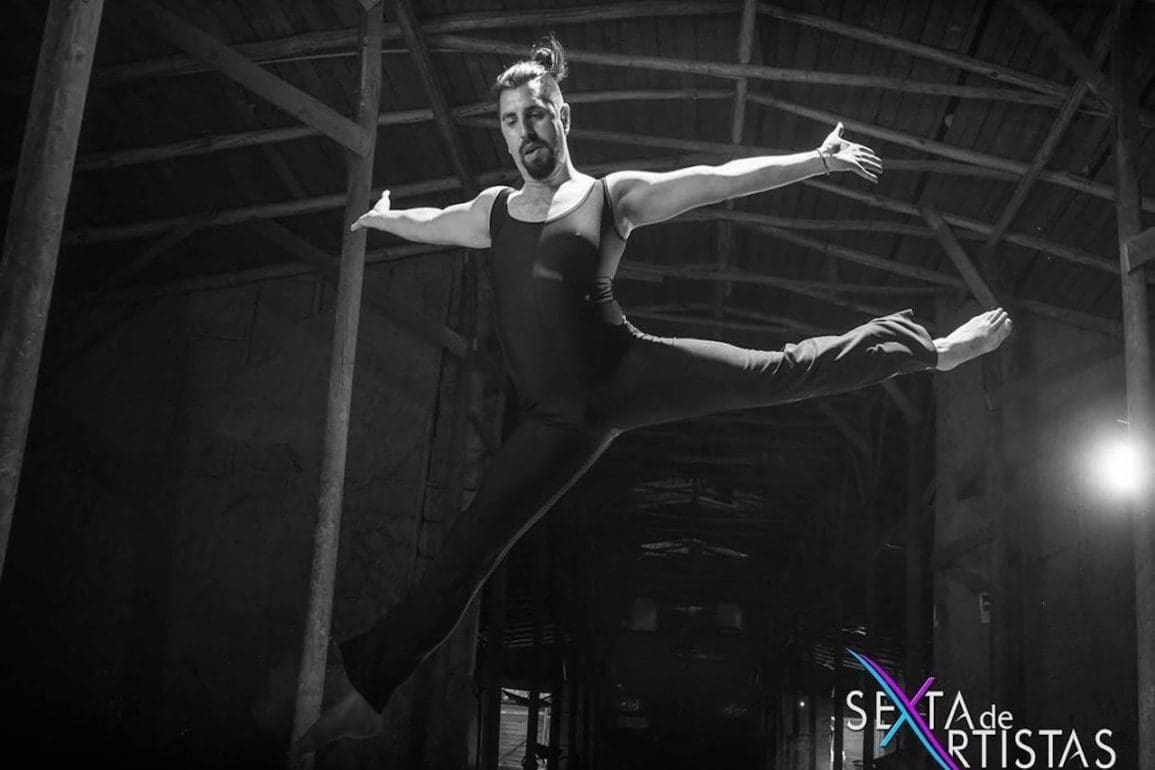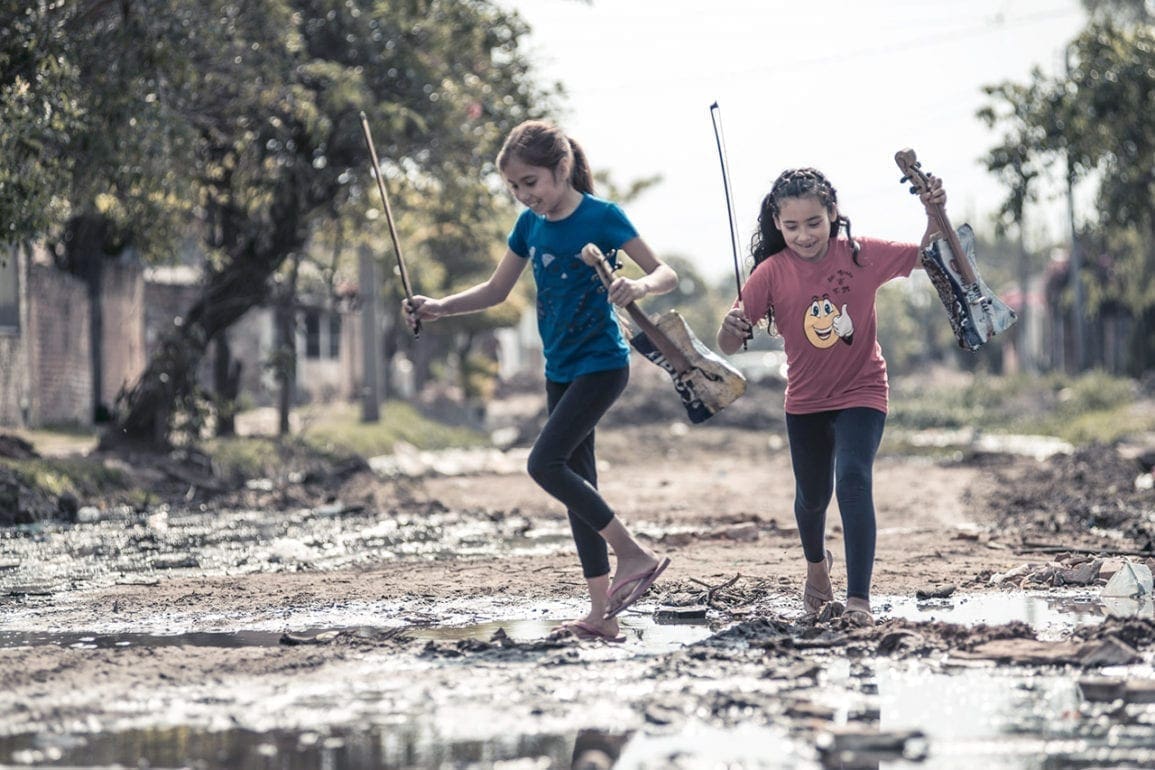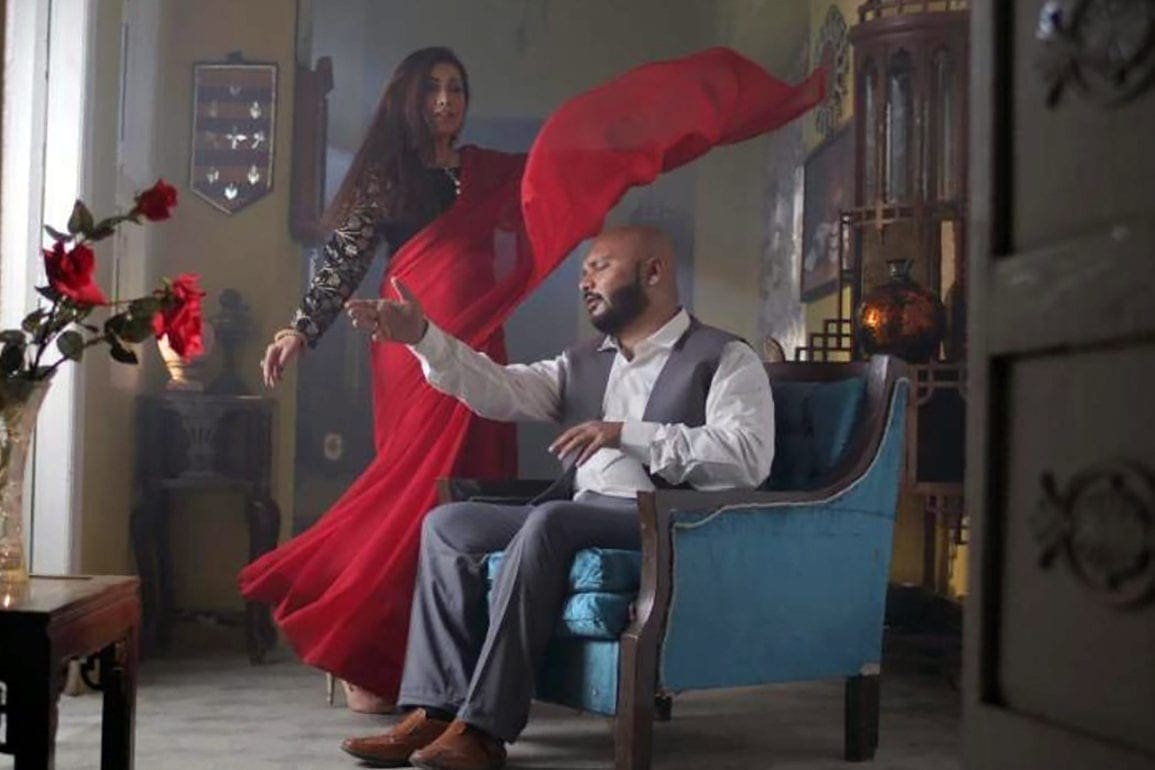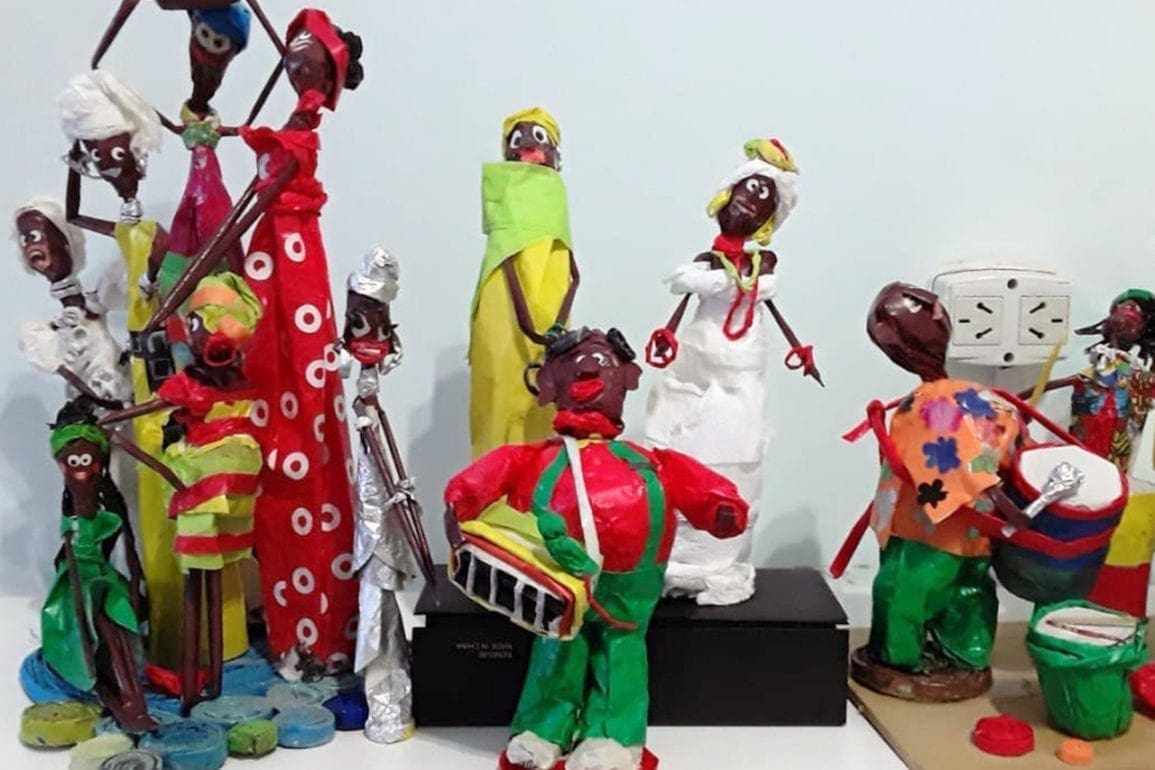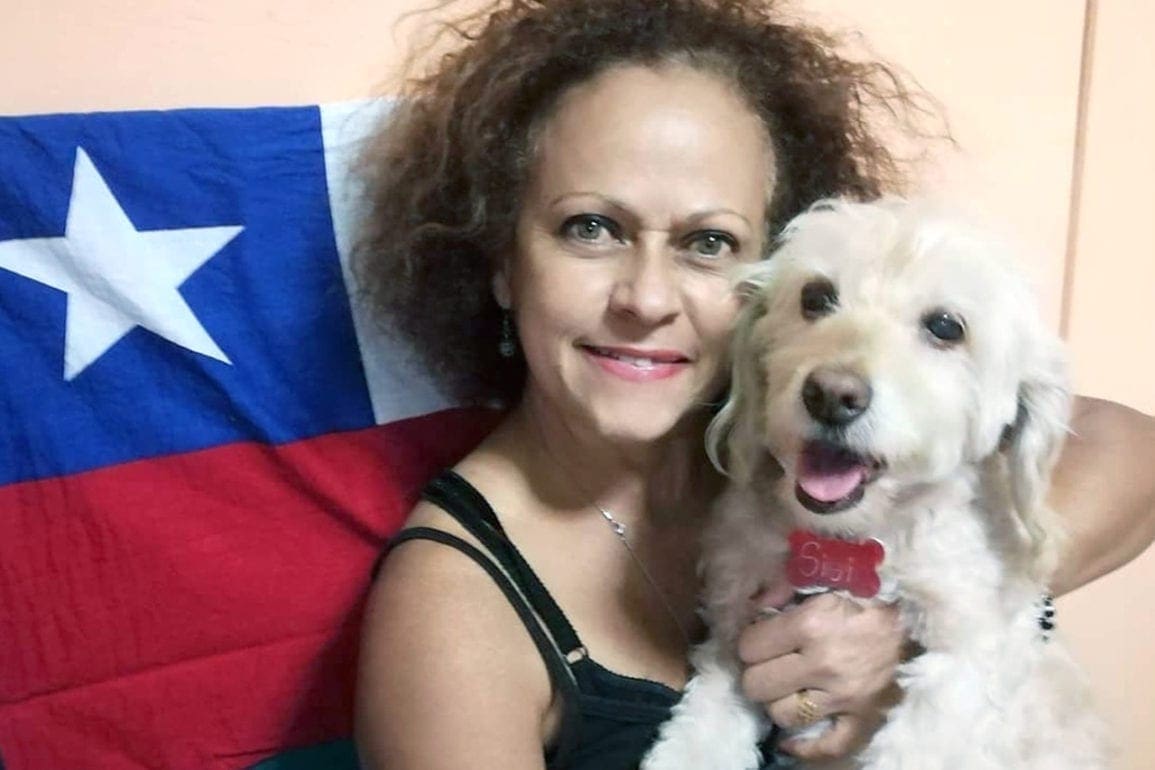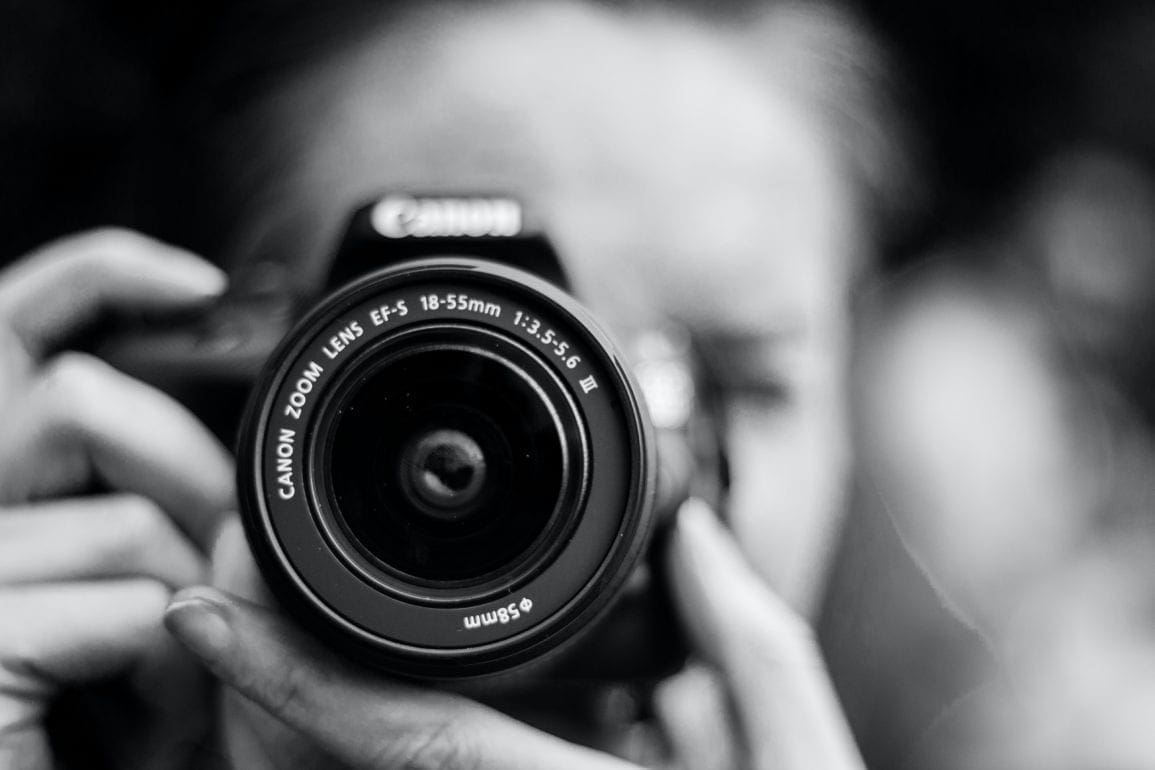Hernán Cuevas stars in Netflix series, talks about growing up, acting, and discrimination
At four years old, my grandfather Ruben lifted me up and sat me on the kitchen counter. He spoke firmly but kindly, looking into my eyes. I felt the cold granite on my legs. While I did not fully understand his words, they stayed with me forever. “You’re different,” he said, “People will make fun of you for it, but never mind them.”
- 1 year ago
April 14, 2023
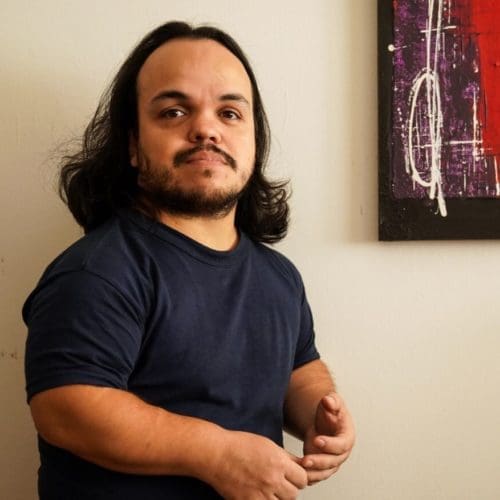
BUENOS AIRES, Argentina ꟷ As an actor with dwarfism, I became accustomed to job offers for shallow characters and humiliating roles. I never wanted to play that game, in my work or my personal life.
For as long as I can remember, I could only imagine doing one thing: acting. It lived inside me from a young age. When I was a child, I spent every afternoon watching soap operas with my grandmother Mercedes. One after another, I learned the names of all the characters and actors. We became immersed in what was happening, but I noticed, there was no one on screen like me.
In 2011, Game of Thrones became popular and included a short-stature character who was taken seriously and treated with respect. No such examples existed in my country. After a long career in theater, in 2023, I landed a role on the Netflix series División Palermo. During auditions, they shared the premise of the show and when I looked at the scripts, it seemed so unique. I took on a character who had never been seen before and approached it with a touch of fear, and with pride and honor.
Read more from Orato: The Kingdom actor reveals how his love for dancing got him discovered
Discovering my passion for acting
At four years old, my grandfather Ruben lifted me up and sat me on the kitchen counter. He spoke firmly but kindly, looking into my eyes. I felt the cold granite on my legs. While I did not fully understand his words, they stayed with me forever. “You’re different,” he said, “People will make fun of you for it, but never mind them.” I nodded. I did know that those words, from a man I loved and admired, would remain with me.
Looking back, it felt like an imposition. Sometimes we view impositions as purely negative or authoritarian. For me, at four-years-old, I needed to learn that lesson. It became a tool that shaped my character.
In kindergarten, I gravitated toward female classmates. When they role played, they needed someone to play the father. I took on that role. By six years old, I confirmed my passion. For my first performance, my grandmother modified a dress into a centipede costume. On stage in the schoolyard, my character emerged. The curtain opened as teachers, parents, grandparents, aunts, and uncles watched.
Some children might experience stage fright and run into their parents’ arms, but I liked it. I did not search for my family because I was not Hernán. In that moment, I was the centipede. I feel the same joy and adrenaline every time I get on stage or on set.
The play lasted ten minutes, but for me, I might as well have been in a big theater doing Hamlet for two hours. Still today, it makes me smile. I felt the joy of being in another body for the first time. When the act ended, I saw my mom and my grandmother. I remember their smiles and happiness, and I felt pride in provoking that response.
Being subjected to humiliating roles
Acting ceased being an option at that point; it became a decision. The dream transformed into a goal and a purpose. Dreams resemble something distant, like a utopia. For me, this felt palpable, and I moved towards it, yet I faced discrimination.
During elementary and high school, when I encountered people who did not know me, they looked at me strangely, but it happened infrequently, and I barely noticed it. Then, I started studying at university. Taking long trips on public transportation changed everything. I saw the faces and looks from others.
A larger problem loomed when I began looking for acting jobs. Few opportunities exist in acting forsomeone with dwarfism. It seems as if my condition, in the eyes of certain people, serves one purpose: to poke fun. I often received calls to play grotesque, humiliating roles and I accepted some of those jobs, especially at private events, just to make money. I needed to support myself. Reluctantly, I wondered, “Why do I have to do this when there are better things out there?”
During my last performance of that nature, I attended an event at a friend’s bar. It felt uncomfortable. We interacted with the attendees and gave out prizes. Along with a drag queen friend, we played The Fairly OddParents. I played Cosmo and he played Wanda. We had fun until some guy asked if he could pick me up like a child.
I cannot understand how someone thinks using another person’s body to mock them is a good idea. We exposed him publicly and continued with our performance. I never allow these experiences to stop me. Later, the man apologized. We live in a time of change. I can serve as a tool to help people learn; and if I encounter someone incapable of learning, I simply acknowledge that in my mind. Greater visibility is necessary today for people like me.
The journey toward self-production
One day, while chatting at home with my mom and sister, my phone rang. The call came from the production team of one of Argentina’s most watched television programs, hosted by journalist Jorge Lanata. They offered me a job. It seemed like good news until they explained what they wanted from me, and I became angry.
They wanted me to dress up like a baby, wearing only a diaper, hat, and pacifier. I would walk holding hands with the host pretending to be the famous son of another local celebrity Alejandro “Marley” Wiebe. How do people think this is okay and that it’s fun, I wondered.

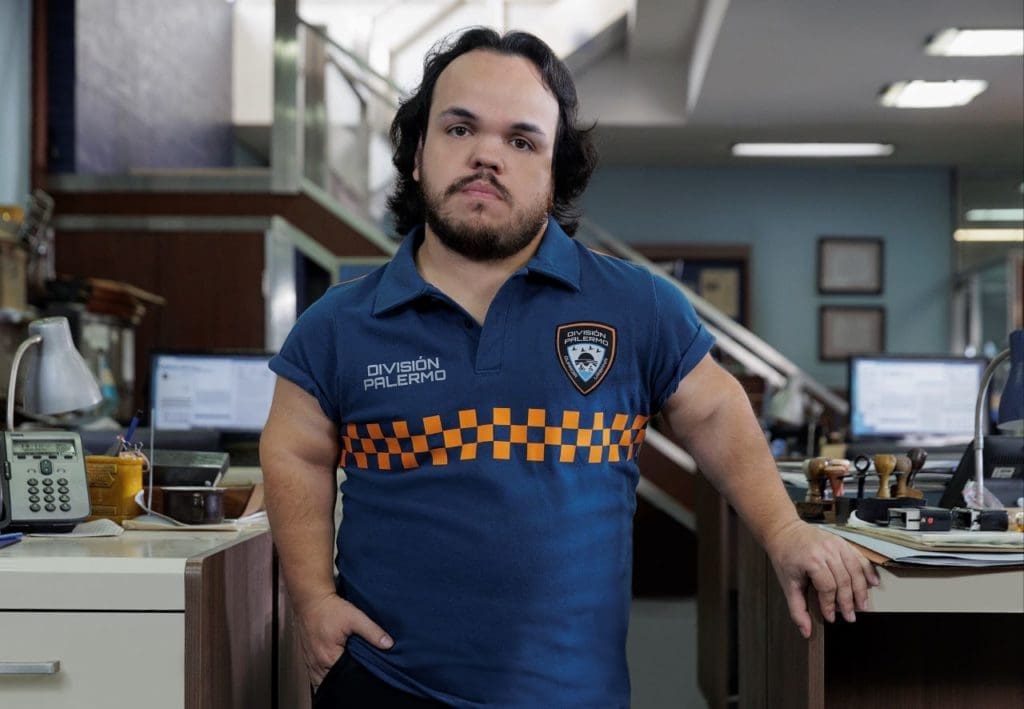
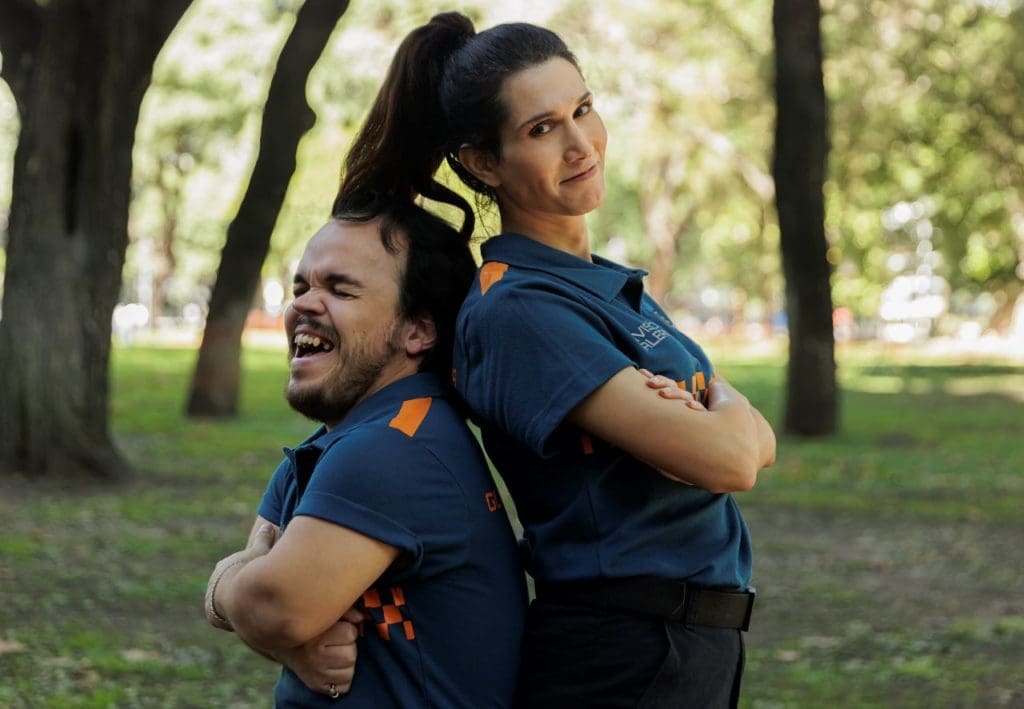
I did not say no immediately. They offered me a substantial amount of money – more than I could earn working in theatre. I offered to confirm in the following days, but felt sad and hoped something would come up, allowing me to reject the offer. When I hung up the phone, I kept the news to myself. I did not dare tell my mom, sister, or friends. I felt embarrassed and exposed.
Ultimately, I said no, and a colleague accepted the role. Situations like this make me very cautious about every job opportunity. I always ask for a description of the conditions before accepting any offers. If I feel uncertain, I refuse.
Out of those disappointments, a desire to become a director and playwright was born inside of me. I disliked the lack the professional work available and became self-producing. This decision gave me, and continues to give me, incredible happiness. Without self-production, I may not have stayed in the profession.
Read more from Orato: Netflix’s Baking Impossible winner discusses behind-the-scenes reality
The premier of my first play
In 2013, I began directing plays using other writers’ texts. Two years later, I created my own theater company called La Compañía del Grito, and began writing my own plays. It felt strange but the writing worked, and I could barely believe it. No greater pleasure exists than to materialize what you see in your mind. Putting my vision into words proved beautiful. When I premiered my first play Los Gritos No Sagrados, it felt wonderful. At the Tole Tole Theater in Buenos Aires, I felt like I gave birth to a baby. [The Tole Tole Theater serves as a multidisciplinary venue which espouses affection for and offers space to all bodies, identities, and diverse expressions.]
During that premier, I discovered emotions and feelings I never knew existed, and I keep finding new things inside myself thanks to this experience. On the day of the premier, I felt nervous. I shook and my heart raced. It felt like the world might stop. Inside that space, everyone in the room detaches from the universe. Nothing exists except what plays out in front of us. Things take on new meaning.
The production exceeded the delivery of coherent phrases. When an actor takes a breath to say the first words which inaugurate the play, something happens. Magic does not do justice in describing it. We would have to invent a new word. Throughout the performance, I held my notebook and wrote things down, constantly searching for ways to bring the play closer to my ideal. A play is never perfect.
On the second night, my uncle surprised me by attending. I saw him enter the theater from the booth where I sat with the assistant director, and I began crying. That emotion remained with me throughout the entire play. It felt so nice to have my family’s support. Whenever I recall that moment, a smile washes over my face. While that first play only lasted one hour, for me on that day, with my emotions so high, it felt like it lasted 24 hours.
Facing down discrimination and inspiring others
I never let discrimination affect me. My family taught me to keep going and if I stop, I will feel like I failed them. I do not try to be Superman; rather, I focus on where I want to go in life. If I gave in to that discrimination – to what other people want from me – I would live a hidden life. Instead, I step out onto the streets.
I rely on a rational analysis rather than an emotional one. If I let myself become overly emotional, I fall into the game and gain nothing. Every person has something inside themselves which could be discriminated against. It’s not just something that happens to me. For this reason, I do not see myself as a role model for life or a self-help story about overcoming. I am simply someone who used the tools at my disposal to live the most peaceful life possible. People expect me to get angry and anxious, but I will not.
As a gay man, I have also experienced discrimination in my own community. I ask myself, “Who does discrimination serve?” It exists to highlight differences, demonstrate superiority, and position others as less. It imposes fear and weakness. When I face those scenarios, I know, the problem is theirs, not mine. Perhaps, when that person leaves, they continue thinking about me. I do not. For me, the moment was just a glance, and I did not flinch.
Visibility remains critically important to how people on the street behave toward minorities, people with disabilities, and individuals with different orientations. They often do not want to see us. Staring in the Netflix series created visibility in such a beautiful, graceful way. It’s impossible not to see us.
As a result of the series, I heard from a man missing an arm. He said he always wanted to be an actor but thought, “Who would hire me?” He is now taking drama classes. A mother told me her daughters, who have achondroplasia, felt thrilled to see someone like them on television. In 2023, after all the time I spent on my work, it feels incredible to be a part of a comprehensive project sprinkled with humor.
